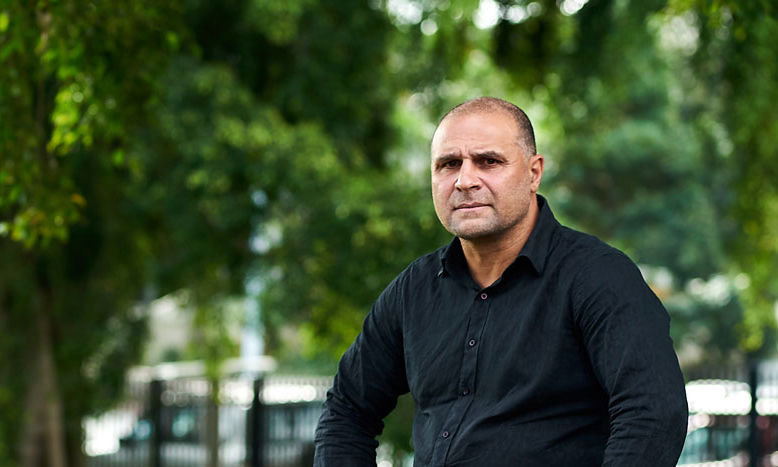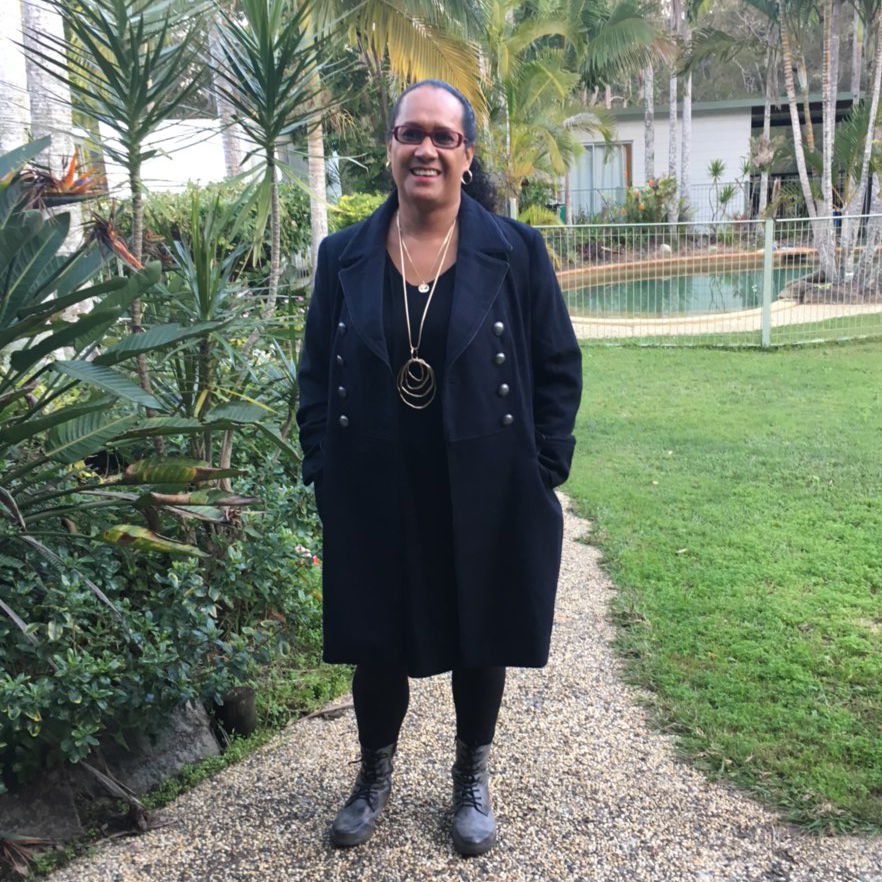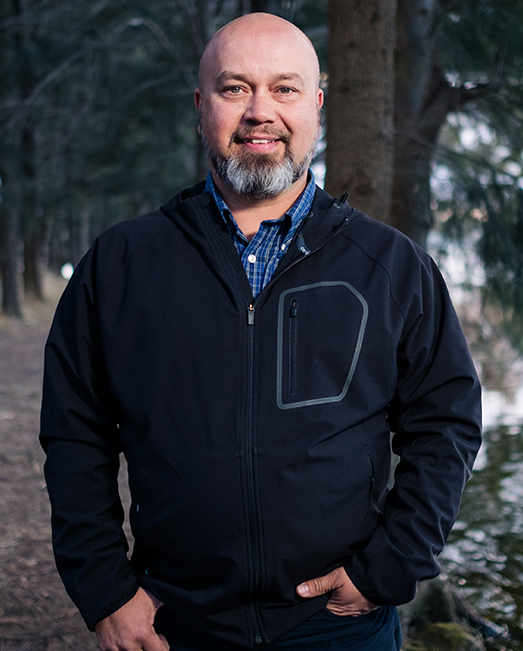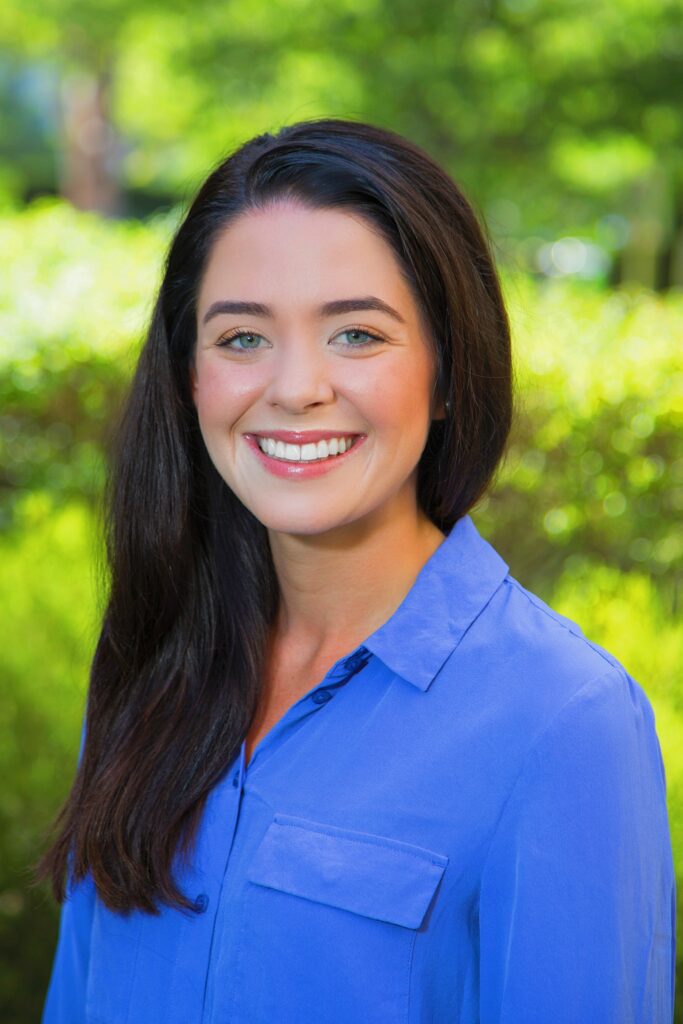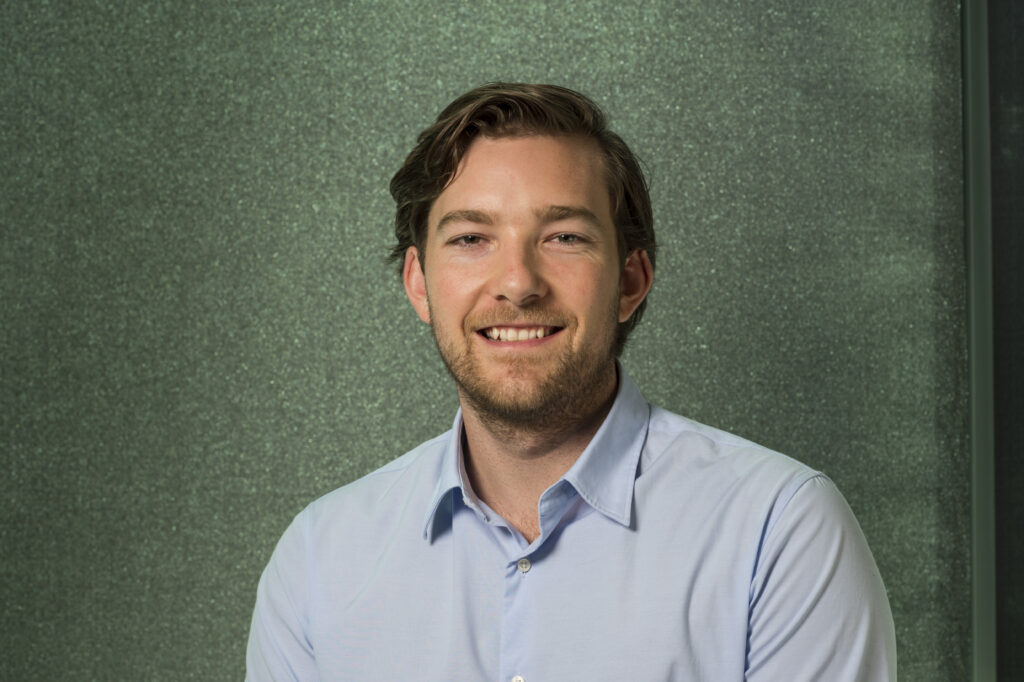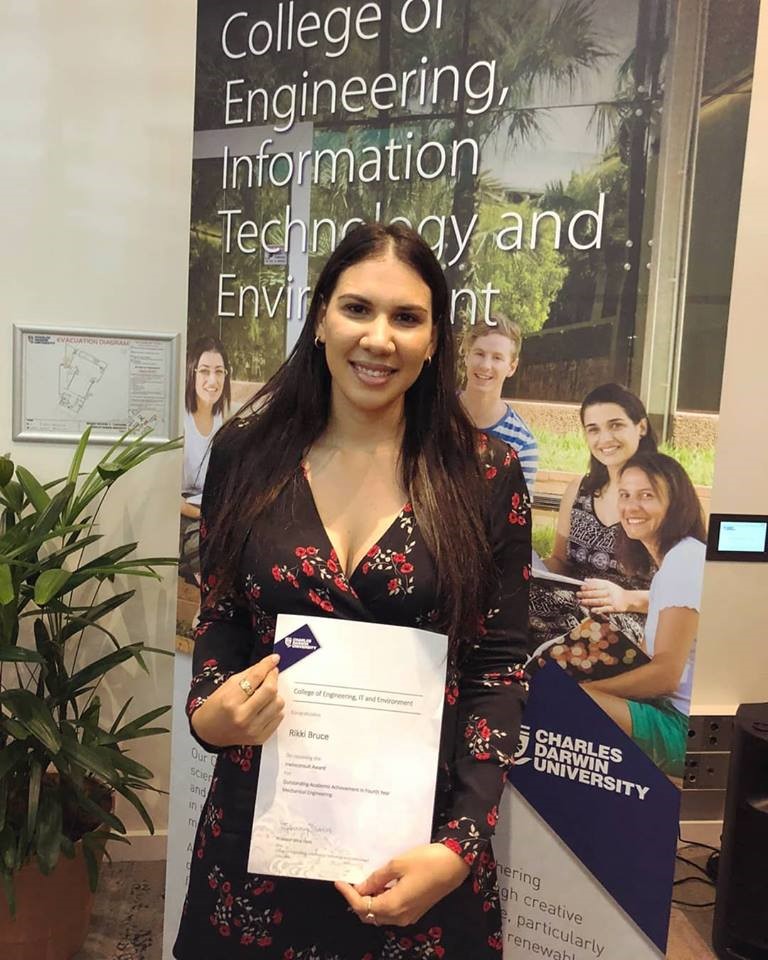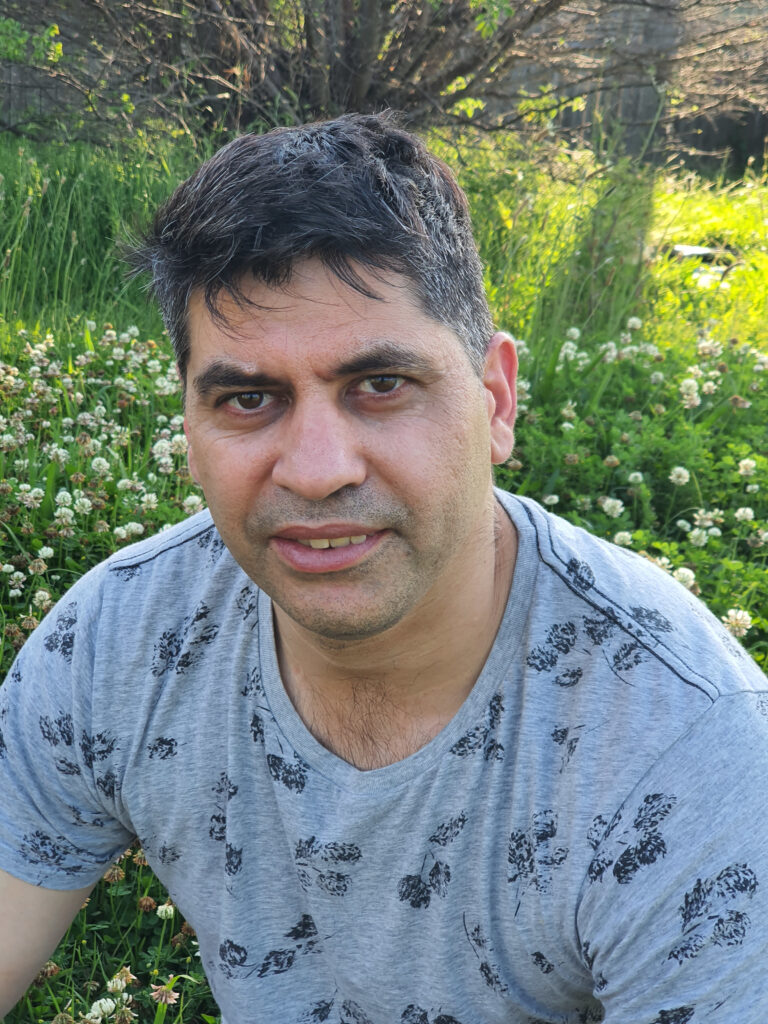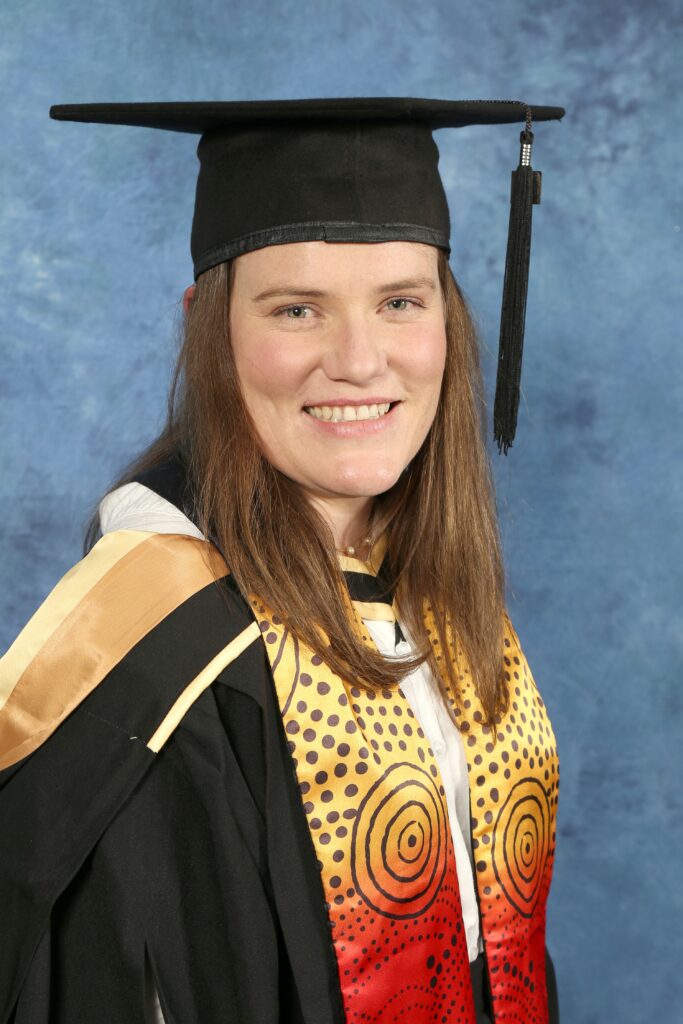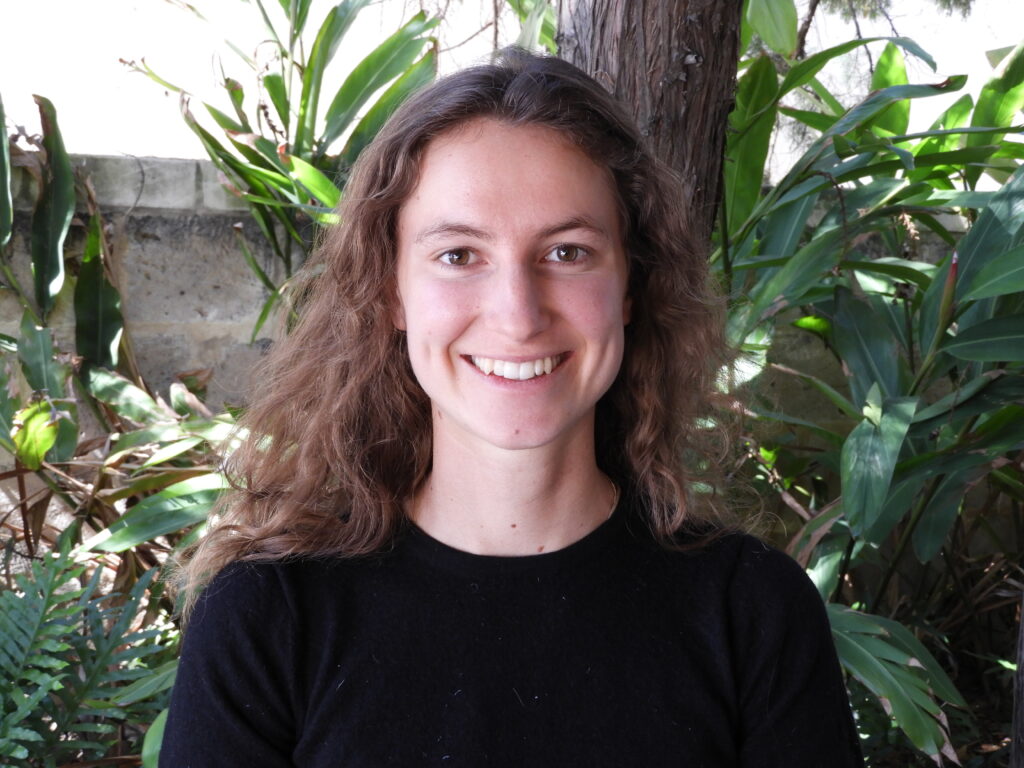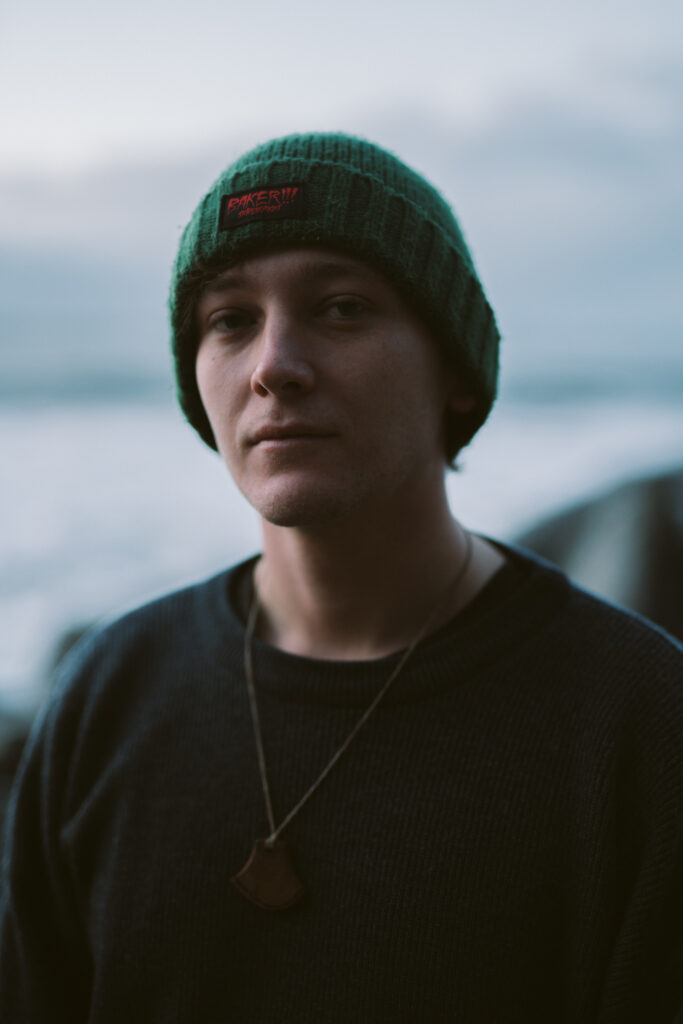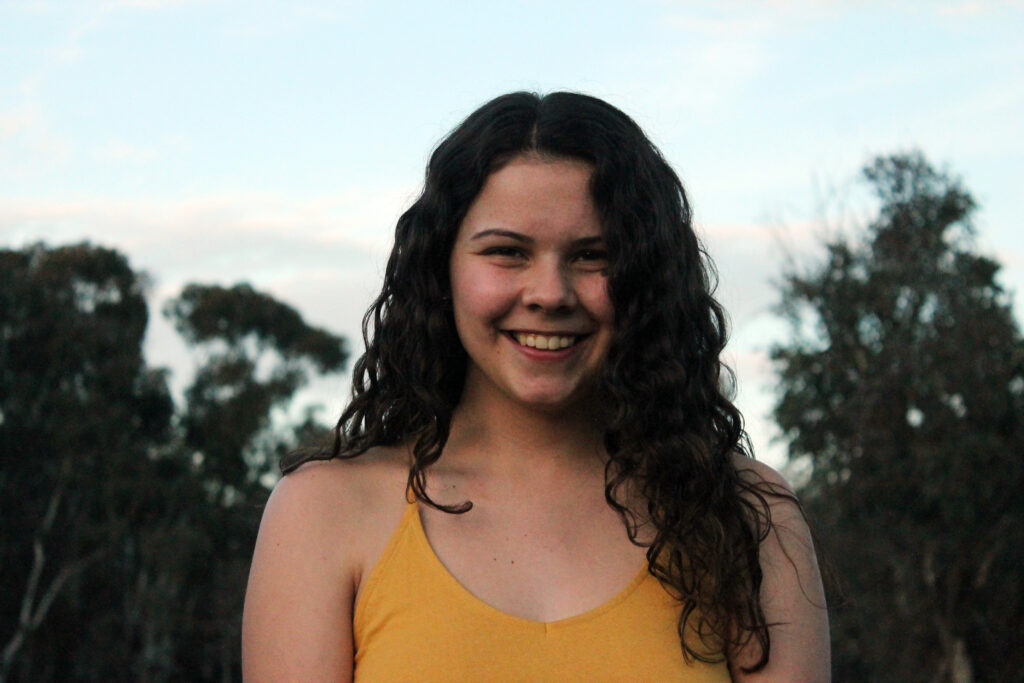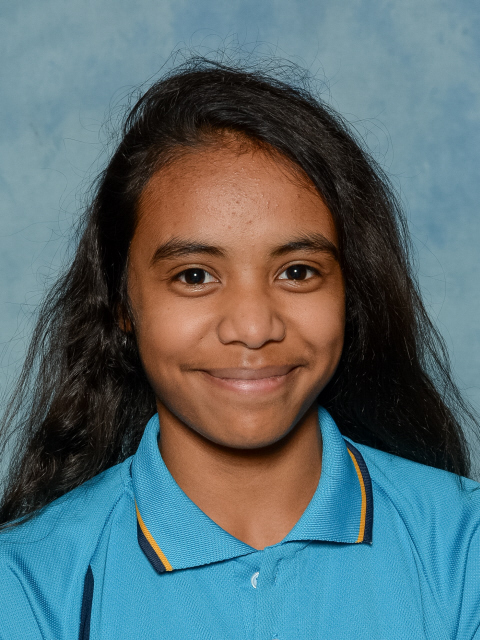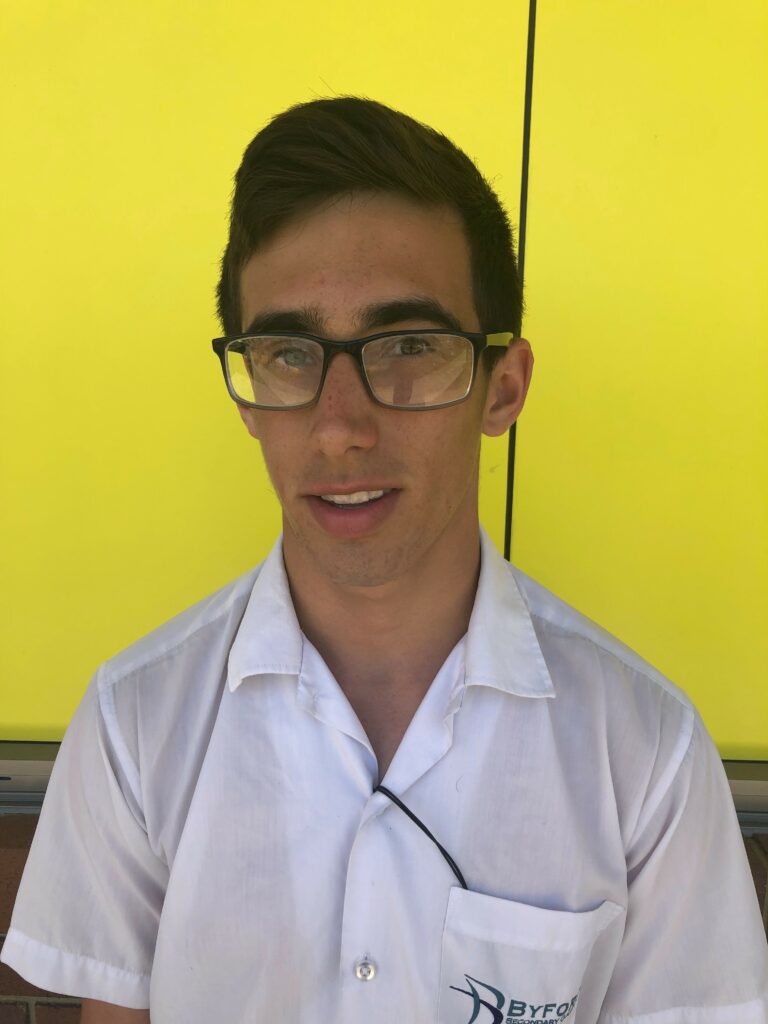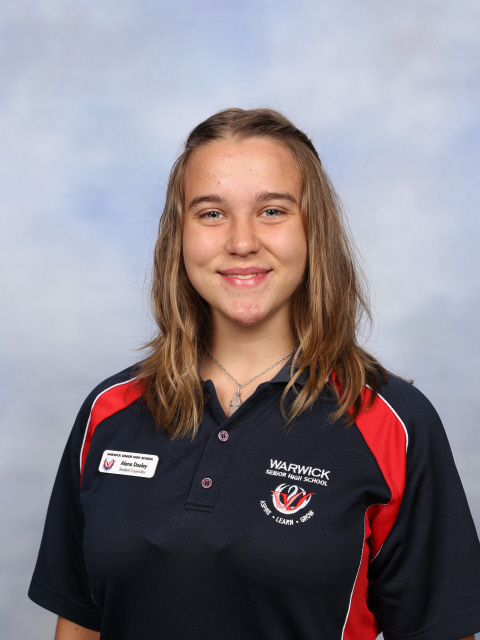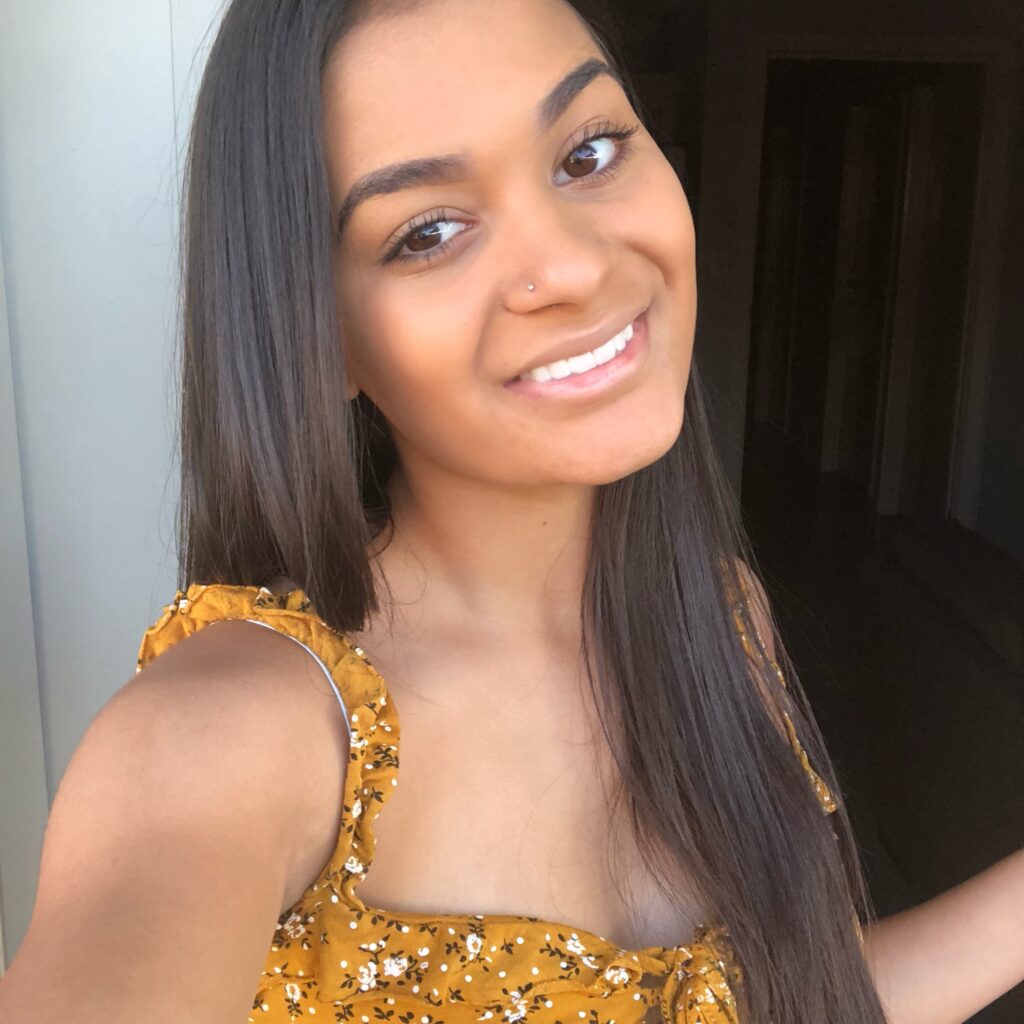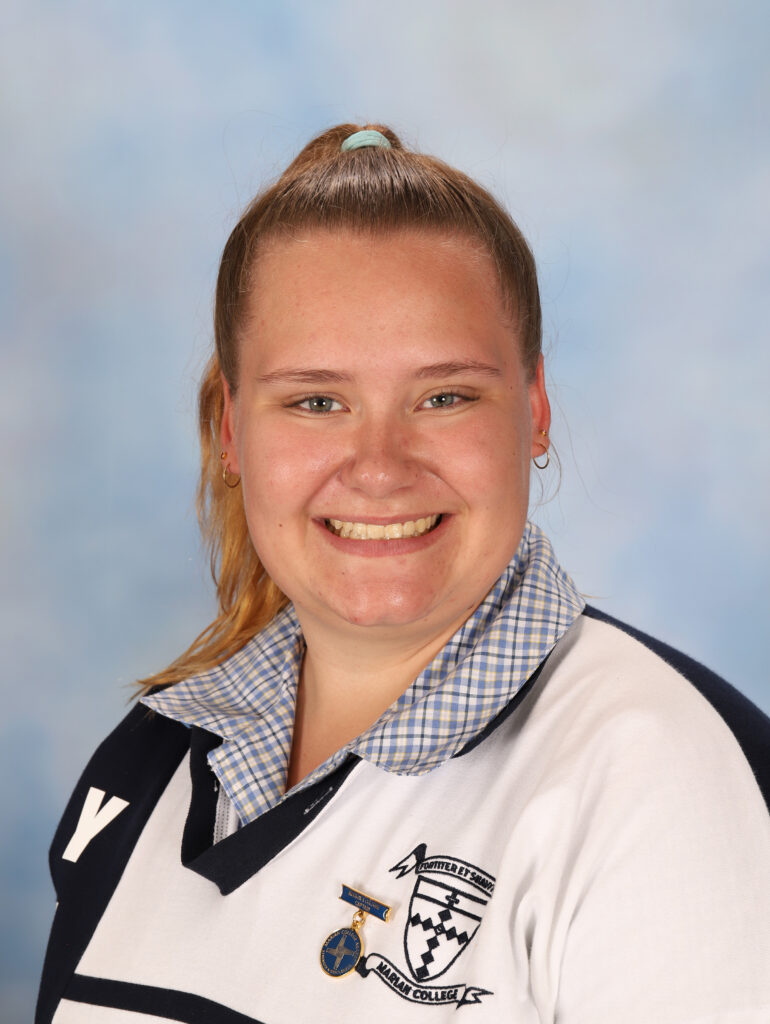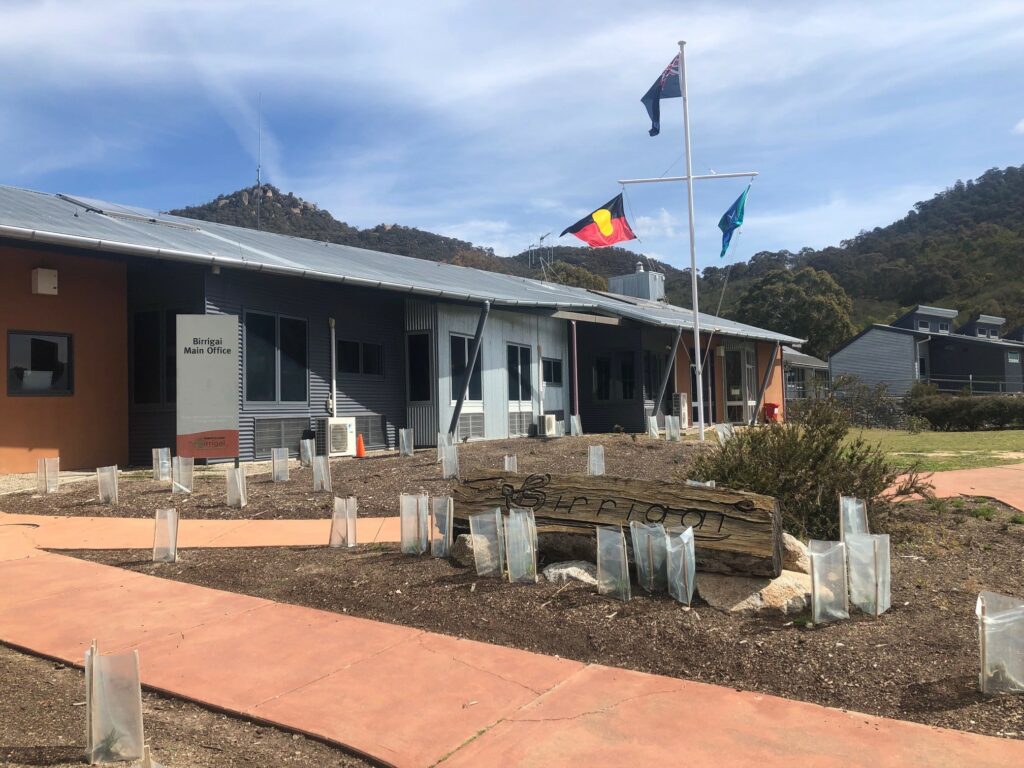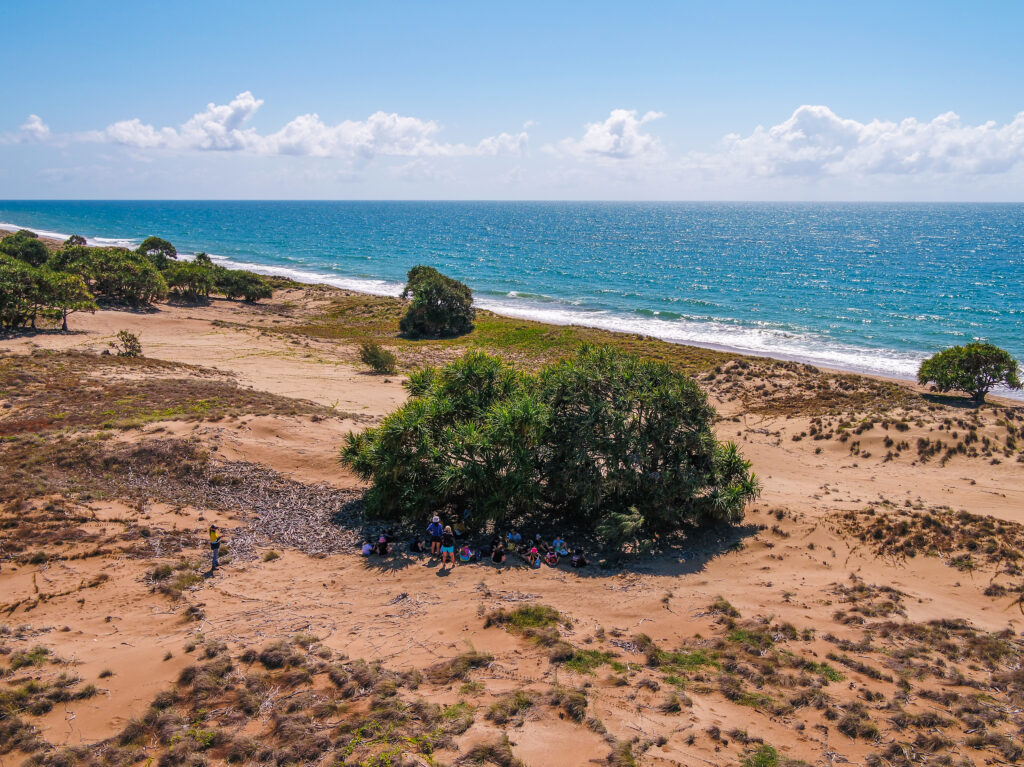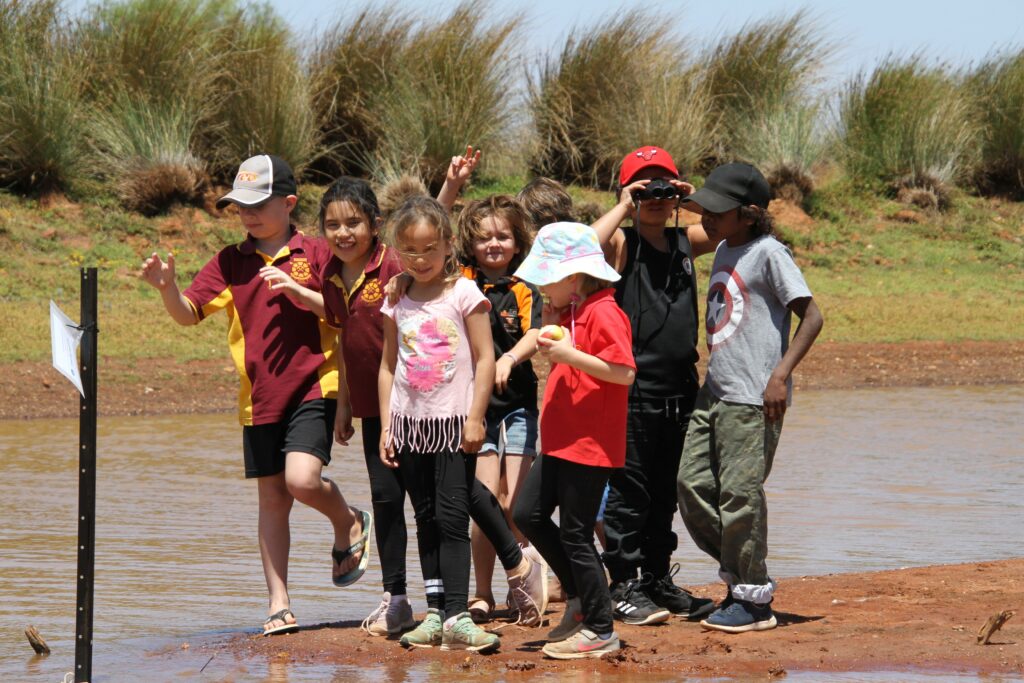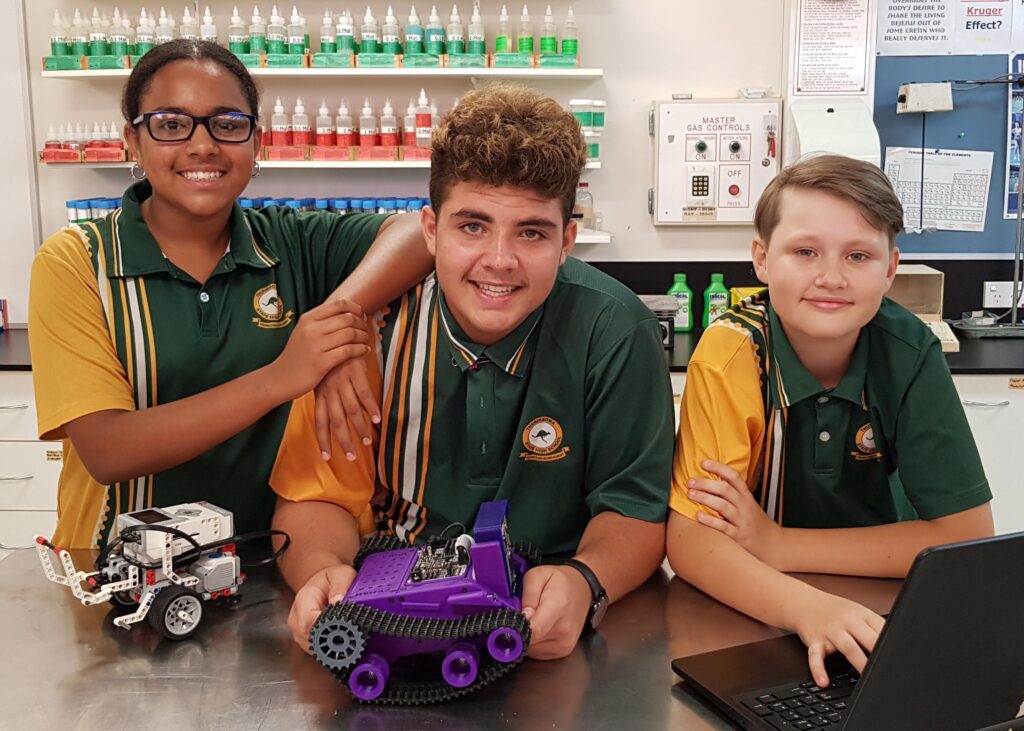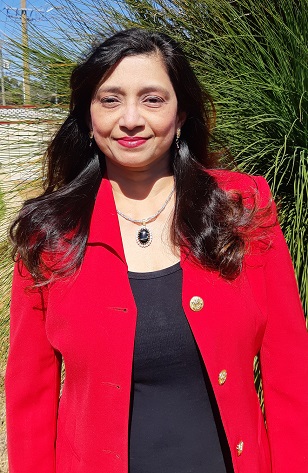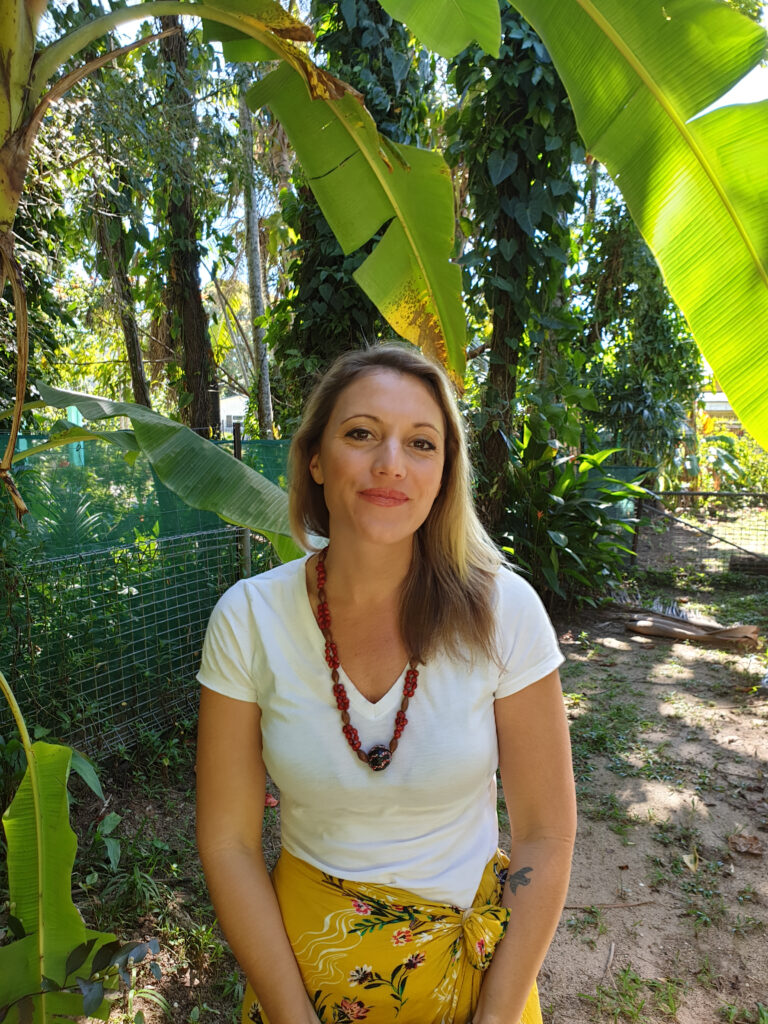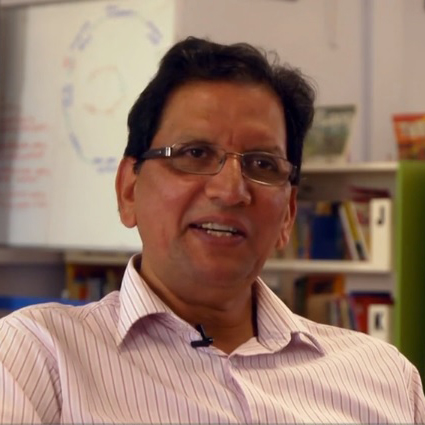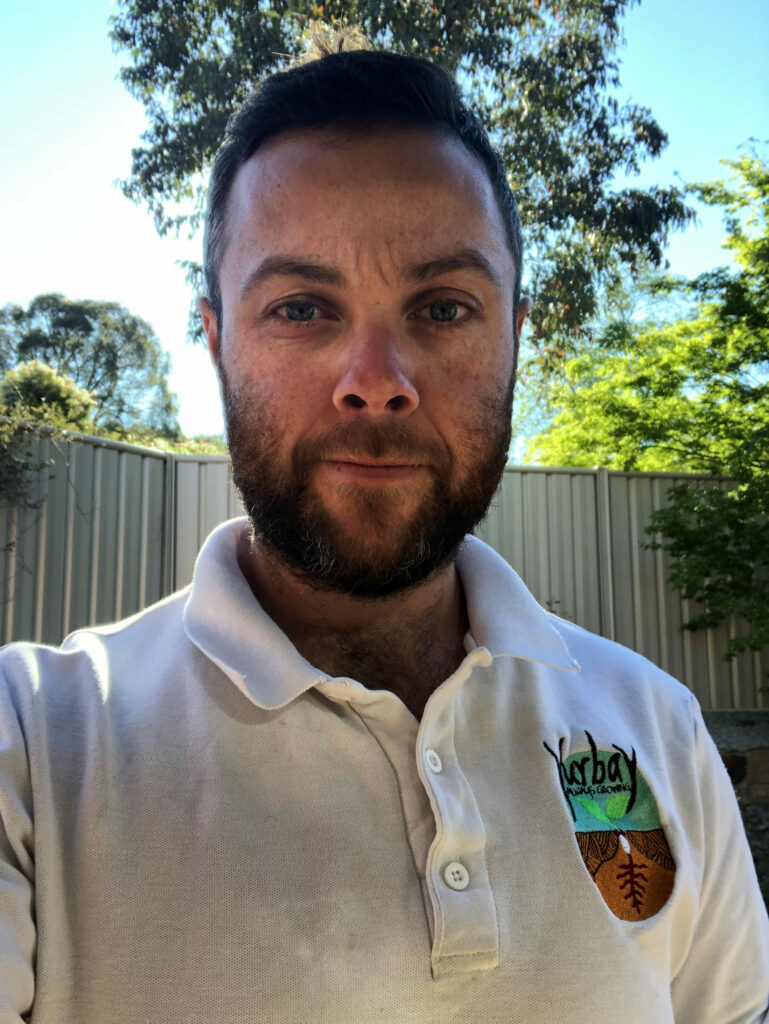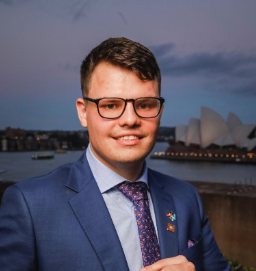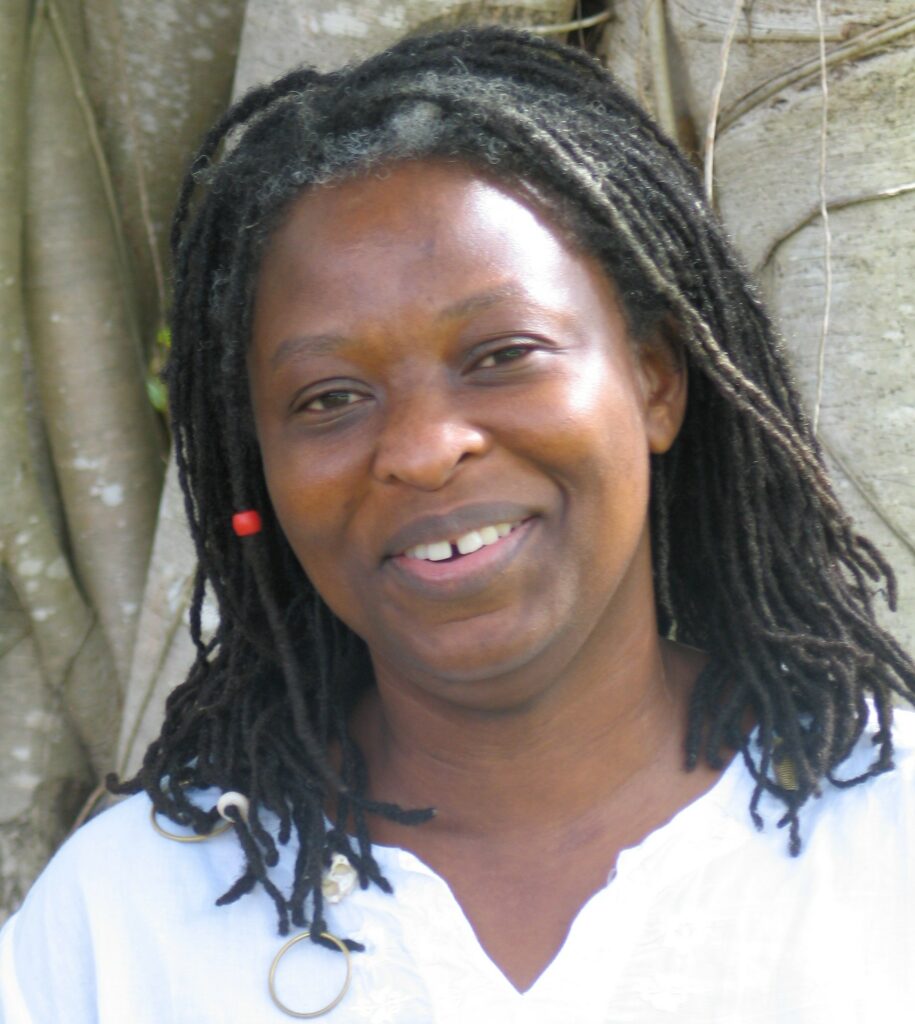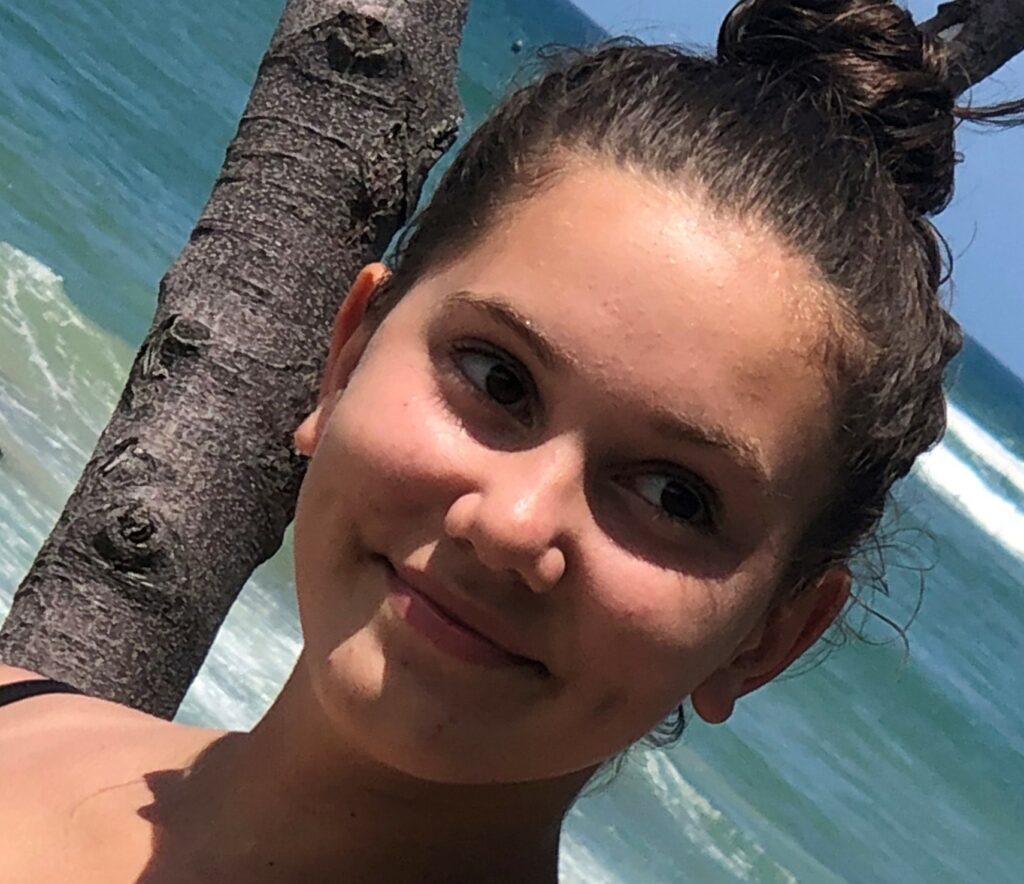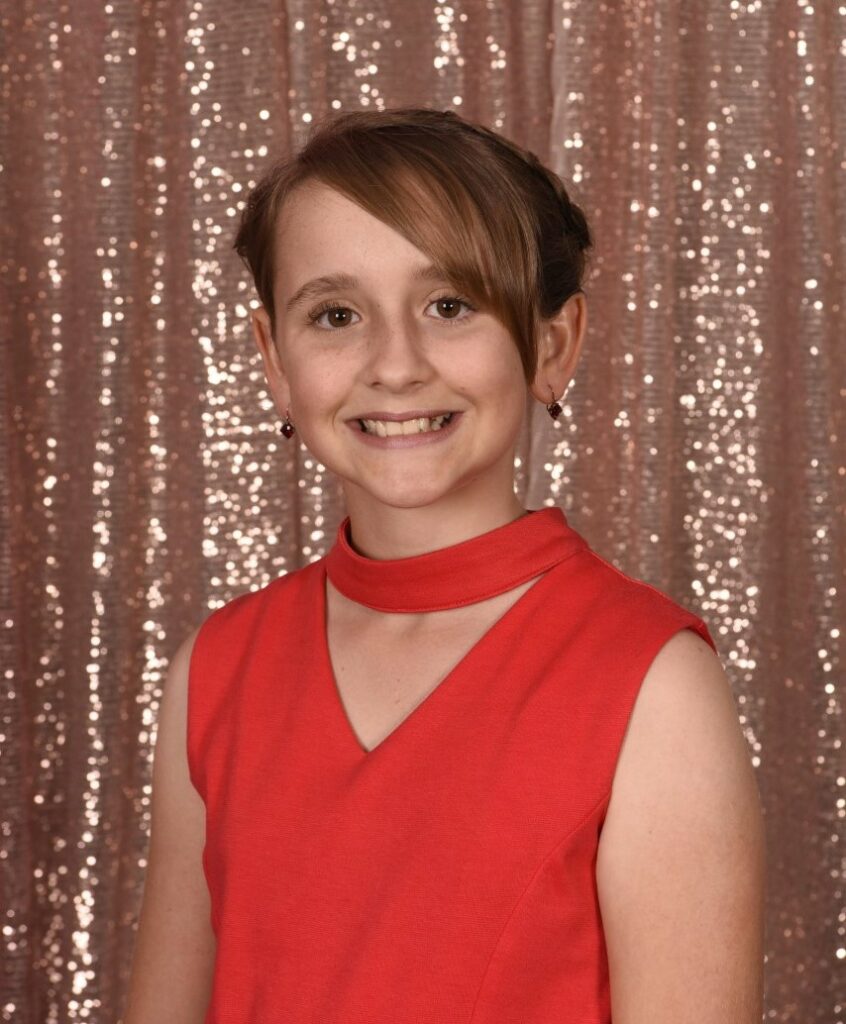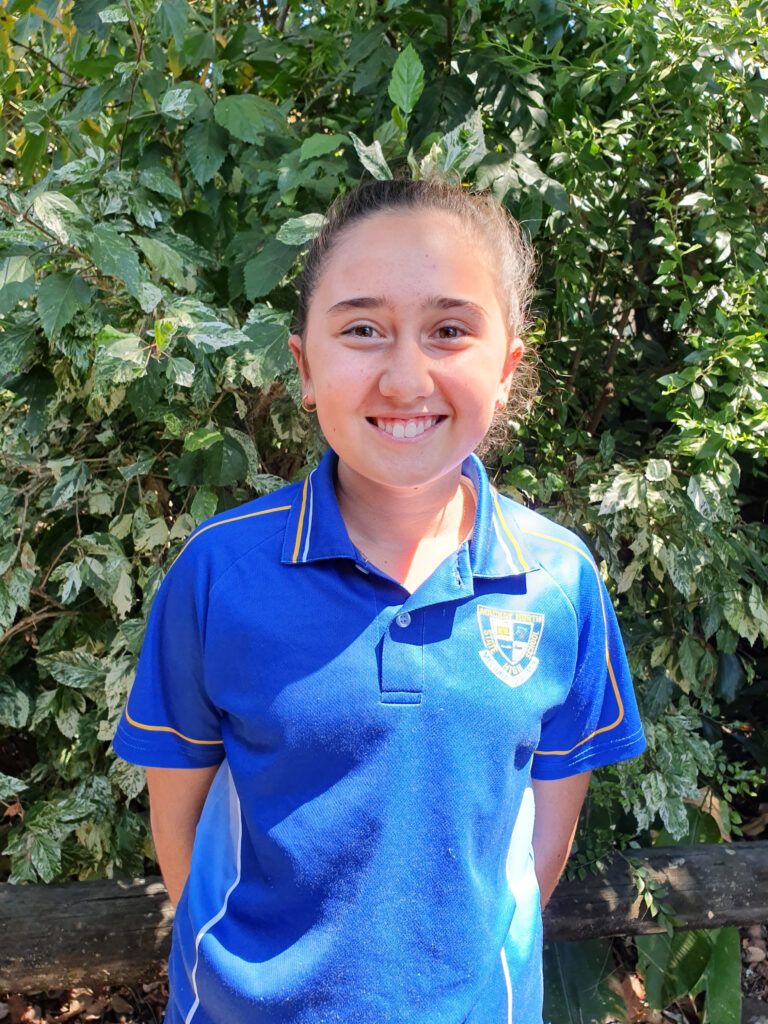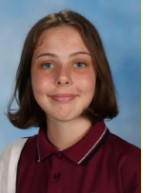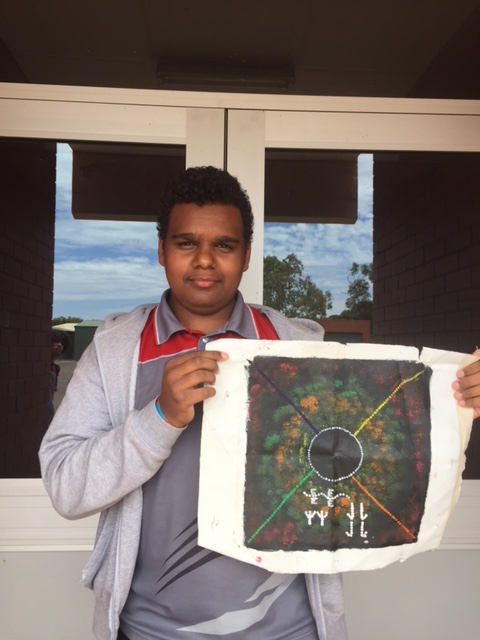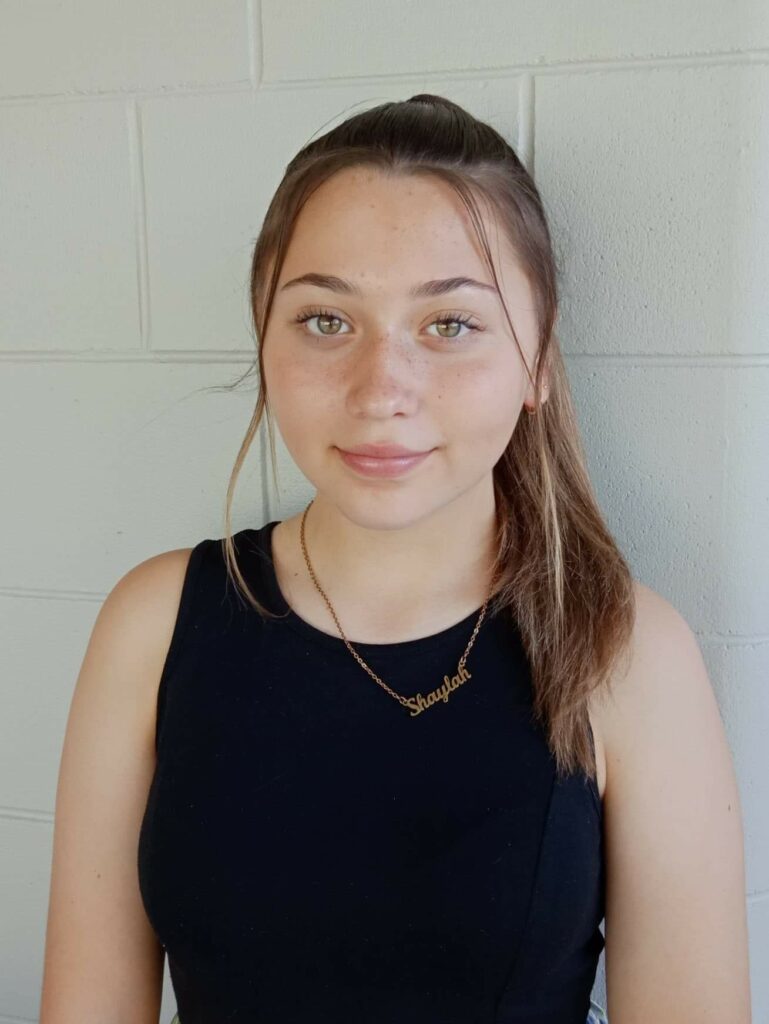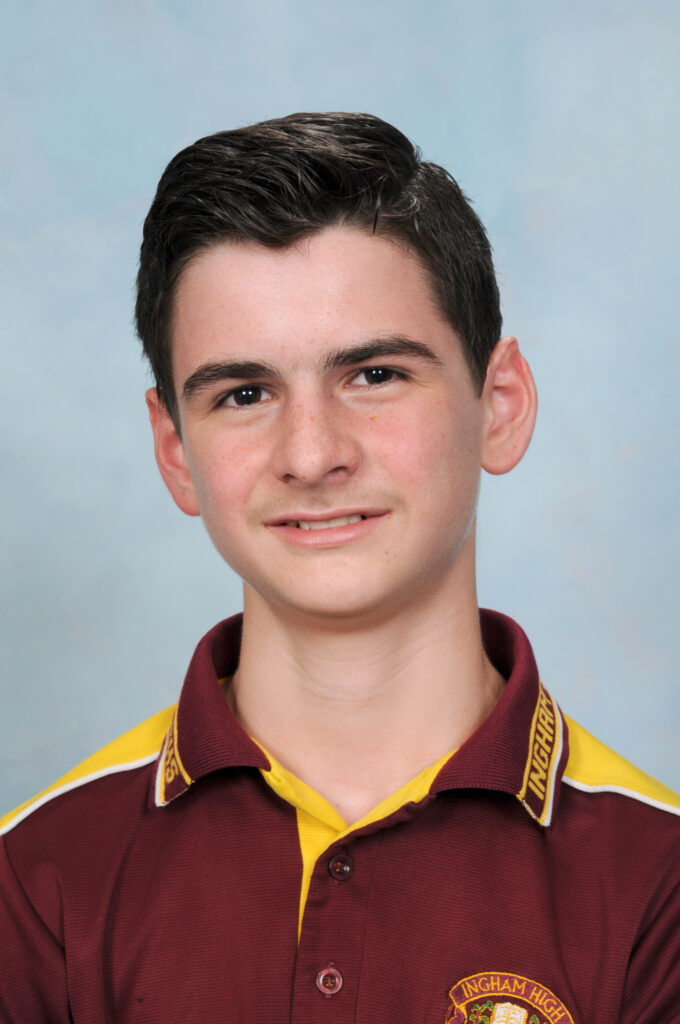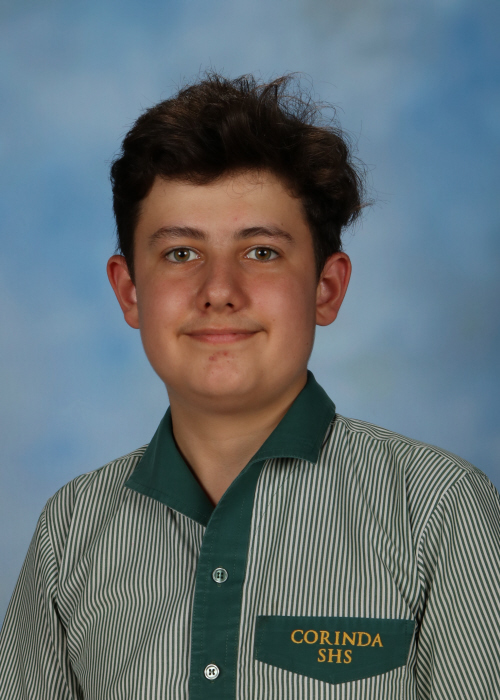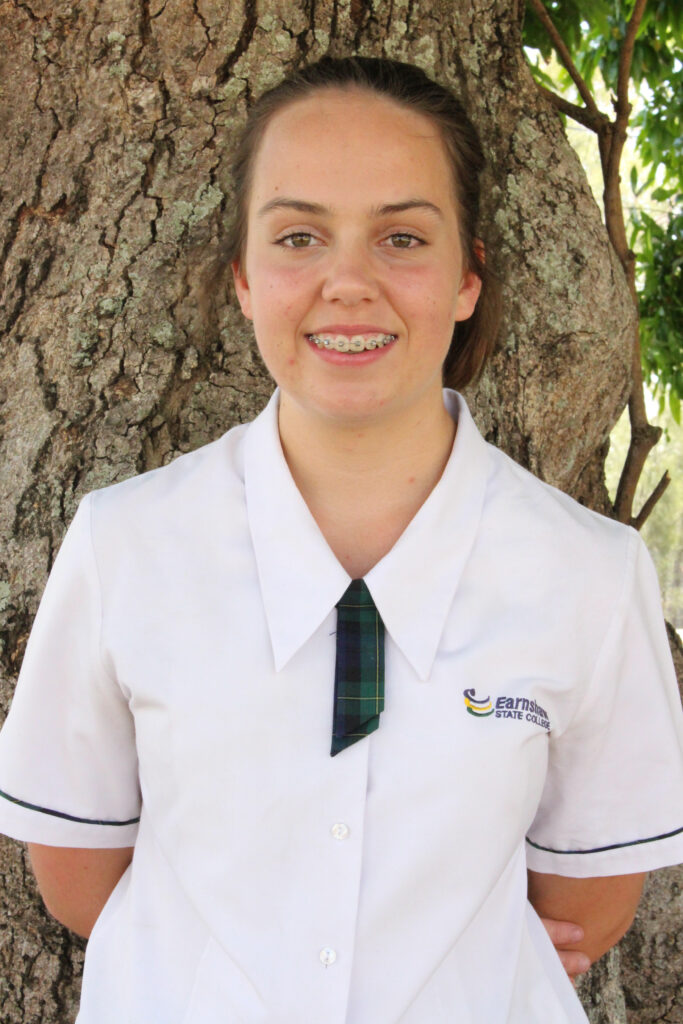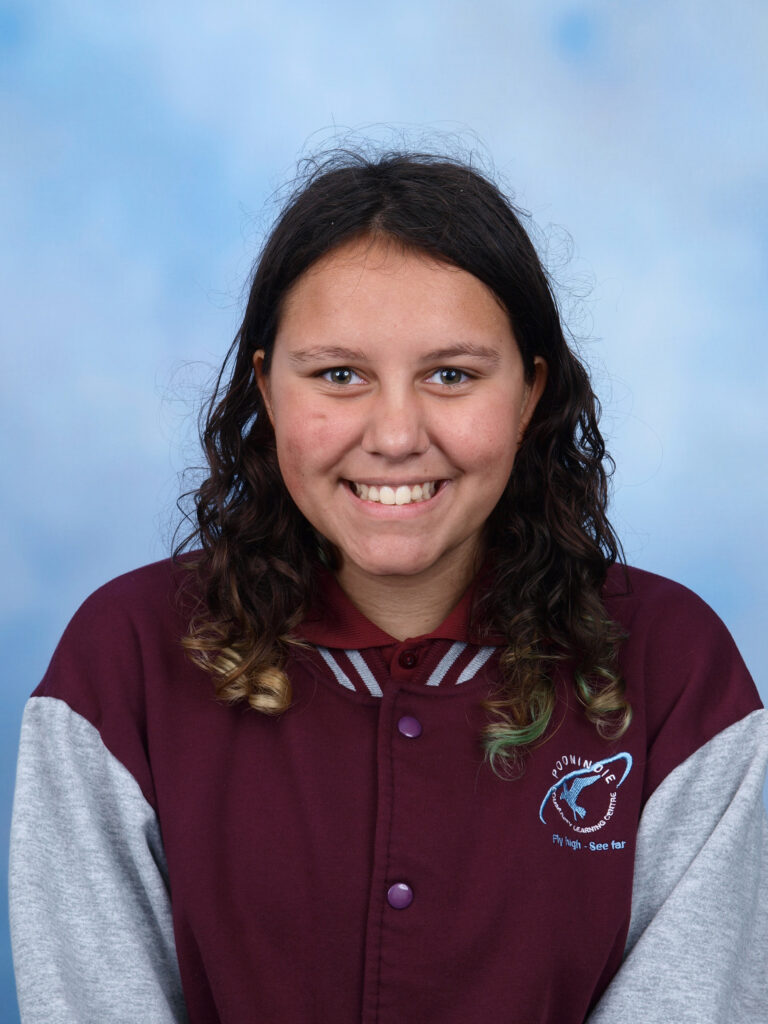2019 Indigenous STEM Awards finalists
Meet the 2019 Indigenous STEM Award winners and finalists.
Aboriginal and Torres Strait Islander STEM Professional Career Achievement Award
Brett Leavy – Virtual Songlines, Queensland
Brett Leavy is a Kooma man and Creative Director at Bilbie Virtual Labs. Over 25 years, he’s been exploring how new, immersive and interactive technologies and First Nation culture might engage Aboriginal and Torres Strait Islander young people and preserve and protect Indigenous cultural knowledge. His career has spanned teaching, marketing for the Townsville Indigenous Media Association and management with the National Indigenous Media and Radio Services (NIRS).
Brett’s focus now is Virtual Songlines – a collection of First Nations and non-Indigenous game developers who are building a software program for the development of virtual heritage interactive 3D landscapes to promote, protect and persevere the collective knowledges of First Nations people. Brett ‘s digital work is fine art. His approach to gamification is a new and innovative method for opening minds to our First Nation’s Australian history through immersion.
Brett has delivered numerous workshops with local council libraries, schools and galleries across Australia. He is now also working on delivering Coding for Culture, which is a self-paced STEAM digital teaching tool that enables students in upper primary and lower secondary to develop their own regionally specific cultural heritage styled survival game.
Dr Grace Sarra – Queensland University of Technology Queensland
Associate Professor Dr Grace Sarra is an academic, educator and researcher within the QUT Education Faculty and the YuMi Deadly Centre. She is of Aboriginal heritage from Bindal and Birri clan groups of the Birrigubba nation and Torres Strait Islander heritage of Mauar, Stephen and Murray Islands. Grace has 30 years of experience in teaching and leadership roles in schools and universities, often working in Indigenous and low socioeconomic communities and schools to improve educational outcomes through school change and leadership. Grace’s extensive research work utilises Indigenous knowledges and frameworks with theoretical frameworks to contest prevailing assumptions and stereotypes, with the goal of improving engagement and educational mathematical outcomes for Indigenous young people in schools and detention centre and reducing inequalities.
Grace is a member of the Indigenous Advisory group for the SSiSTEMIK Steering Committee and was a member of the Indigenous reference group for the University of South Australia: Excellence and Equity in Maths project (2014–2018).
Bradley Moggridge – University of Canberra, Australian Capital Territory
Bradley Moggridge is a proud Murri from the Kamilaroi Nation who holds a Master of Science (Hydrogeology & Groundwater Management) 2005 from UTS and Bachelor of Science (Environmental Science) 1997 from ACU. He has been awarded the 2017 ATSI Community Alumni award (ACU) and a Fellow of the Peter Cullen Trust Science to Policy Leadership Program (2018). Bradley’s current PhD research study at University of Canberra will show credible evidence of the value of water to Australia’s First Peoples and how modern-day planning can accommodate these values.
Bradley has over 20 years’ experience in Aboriginal engagement, water and environmental science, having worked in applied research, policy development, legislative reviews and project management. He gives back to science mainly through numerous speaking appointments and mentoring, and he gives a voice to Indigenous people in water. He sits on several committees such as the Australian Academy of Science Reconciliation Action Plan (RAP) Committee and was named the 2019 ACT Tall Poppy of the Year for Science (AIPS). Bradley hopes to encourage future generations to pursue interests in STEM, promote his ancestors’ knowledge of water and mentor emerging Indigenous scientists.
The Aboriginal and Torres Strait Islander STEM Professional Early Career Award
Dr Jordan Cory – Royal Melbourne Hospital, Victoria
Dr Jordan Cory is a proud Kamilaroi woman and surgical registrar working at the Royal Melbourne Hospital with experience predominantly in neurosurgery and otolaryngology. Clinically, she has worked in outreach otolaryngology in the remote East Kimberley region in Western Australia where she recognised the inequities experienced in health across Australia’s vast landscape, particularly by Aboriginal and Torres Strait Islander peoples. She proved herself an outstanding surgical registrar that displayed warmth and an ability to connect with others.
Jordan has worked as a board director of the Australian Indigenous Doctors’ Association, working to ensure the medical workforce becomes more reflective of the diversity and needs of Australian communities. With a strong commitment to community, she contributes to the University of Melbourne Poche Centre of Indigenous Health and the local community to support emerging Indigenous leaders in medicine and health.
This year Jordan presented at the Royal Australasian College of Surgeons congress on improving the accessibility of surgical clinical pathways for Aboriginal patients. She is currently working with the Victorian Audit of Surgical Mortality to define and improve inequities in surgical care of Indigenous patients. In the future Dr Jordan Cory will continue trailblazing as one of Australia’s first Aboriginal women surgeons, and with her leadership she will ensure that she is certainly not the last.
Josh Loyd – WSP, Victoria
Josh Loyd is a proud Wajarri Yamatji who grew up in Margaret River, Western Australia, and has lived in Brisbane, Sydney and now resides in Melbourne. Josh holds a bachelor’s degree in engineering (Civil and Environmental) and currently works as a senior advisor, in a pioneering team of Indigenous professionals, incorporating Indigenous knowledge and designs into some of Australia’s most iconic infrastructure projects. He strongly believes that Indigenous traditional knowledges and perspectives will provide the foundations for addressing some of the most pressing global issues, like climate change, diminishing biodiversity, and urbanization. Since graduating, Josh has rapidly established himself as an advocate and advisor for Indigenous knowledges in engineering and for increasing the engagement of Aboriginal and Torres Strait Islanders in STEM higher education and within engineering industries.
Ensuring there is a steady supply of capable and qualified Indigenous professionals is paramount, which is why Josh is passionate about STEM education and has led him to support a number of residential STEM camps aimed at demystifying careers and pathways for Indigenous Australian students. The Queensland based Indigenous Australian Science and Infrastructure Development (SID) School and Victorian Indigenous Engineering Winter School (VIEWS), are two such programs that bring together universities, industry and community. In recent years, his efforts have seen him gain recognition with the GradConnection & Australian Financial Review’s Top100 Future Leaders Award (finalist, engineering category), Queensland Young Achiever Award (finalist, two years running) and a QUT Excellence in Leadership Award.
Rikki Bruce – INPEX, Northern Territory
Rikki Bruce is a Jawoyn and Waanyi woman from Katherine and North Queensland, respectively. She graduated in a Bachelor of Mechanical Engineering at Charles Darwin University in 2017. Rikki has been earned a number of awards and positions through her hard work, commitment and academic achievements: 2019 NT Young Achiever of the Year; 2019 Indigenous Younger Achiever of the Year Award; NT Aboriginal representative for Young Engineers Australia; and Aboriginal Student Ambassador.
Rikki is a recognised Indigenous role model for generations of other Indigenous and non-Indigenous women who are interested in working in STEM fields through her engagement with such organisation and programs as CareerTrackers Indigenous Internship Program, the NT Department of Health and Educations – Young Mothers are Strong Mothers project and Engineering Australia – SySTEMic Collaboration.
As a local Darwin Indigenous woman Rikki has made a significant impact in the Operations Team of the Ichthys Onshore LNG project (ILNG) and wider community, where she says she is modelling that Indigenous people have the capability, skills and qualifications to be able to work on a world class project and achieve great things.
Dr Tuguy Esgin – University of Sydney, New South Wales
Dr Tuguy Esgin is a Noongar man from Perth, Western Australia who is believed to be the first Aboriginal person to be awarded a PhD in the discipline of exercise physiology. He is a lecturer at the Discipline of Exercise and Sports Science, Faculty of Medicine and Health Science, University of Sydney. His research addressed the need to facilitate improvement in Aboriginal health behaviours and environments to achieve better health outcomes.
Tuguy is recognised for his extensive efforts to collaborate both within Australia and internationally to expand his knowledge of Indigenous health across multiple cultures. He has been a persuasive ambassador for health research into Australian Indigenous people, the key issues and a strong advocate for improvement through research and health translation.
One of his many community engagements is as an Aboriginal and Torres Strait Islander people’s representative on the Department of Defence Human Research Ethics Committee.
Tuguy is known to help get younger people excited about science and their future. He is a PhD supervisor and mentor of HDR students and has also mentored senior colleagues in relation to Aboriginal and Torres Strait Islander matters connected to teaching, research and community engagement.
The Aboriginal and Torres Strait Islander Tertiary Student STEM Achievement Award
Dawn Lewis – University of New England, New South Wales
Dawn Lewis is a Woolwonga woman raised in Queensland. She holds a double degree BA/BS and is currently researching to determine which aspects of historic DNA extraction are most useful in an Australian context as part of her honour’s thesis at the University of New England. Dawn was President of the UNE Indigenous Students Association from 2017 to 2019 and is an active member of the UNE Science & Technology Association and Archaeology Society. She currently holds an internship with the NSW Environment Protection Authority.
In 2019 she attended the first ever Summer Internship for Indigenous People in Genomics. This conference aligns with Dawn’s hopes of making genetic research, including genomics, accessible to everyone. She tutors first year students and participates in a cross-disciplinary mentoring program that creates connections between late-stage students with good academic results and Indigenous pathway (TRACKS) students. She received a Merit Prize from the Oorala Aboriginal Centre at UNE in celebration of her achievements, and she is now working with them to build a science Honours Bootcamp for undergraduate Aboriginal and Torres Strait Islander students to learn the key academic skills required in Honours. In early 2020 Dawn will be visiting the ancient DNA laboratory PaleoBARN at Oxford University as part of her Honours research. She will also visit other ancient DNA laboratories while in the UK to bring international standards and techniques back to Australia and provide these laboratories, many of which still hold Aboriginal remains, with Indigenous Australian context and insight.
Gemma Devitt – University of Western Australia, Western Australia
In 2017, Gemma commenced a direct pathway to a postgraduate medical degree via the Bachelor of Biomedical Science at the University of Western Australia, consistently achieving a high distinction average. In 2017, she was awarded a UWA Indigenous Achievement Scholarship and the Generowicz Scholarship for academic achievement for an Indigenous student enrolled in Science or Law. In 2018, she received the Rathbone Memorial Indigenous Scholarship for a high achieving student enrolled in Science.
As part of her course she has undertaken research on cholesterol and metabolic bone diseases and Diabetes Mellitus in Aboriginal communities. She has participated in Western Australian Medical Students’ Society professionalism in medical workplace sessions and is a member of WA Student Aboriginal Corporation – Indigenous student body. Gemma also tutors high school students and, through the Indigenous Tuition Assistance Scheme, in 2020 will tutor first- and second-year Biomedical students.
It has always been Gemma’s dream to help and work in Aboriginal communities. She hopes that through an appreciation and passion for STEM she can enact a human response to the heightened difficulties faced by Aboriginal people.
Jamie Graham-Blair – University of Tasmania
Jamie Graham-Blair is a Trawlwoolway Pakana man from the North-East of lutruwita (Tasmania). He is soon to graduate from the University of Tasmania as a Marine and Antarctic Scientist. Jamie studies and works from within the cultural interface of pakana and Western science and is committed to protecting and healing Country using both knowledge systems. Working with NITA Education, he teaches at hundreds of Tasmanian schools a year, sharing pakana philosophies of sustainability, science, technology and practical connections to country. In 2018, Jamie won a place on the Indigenous Cultural and Educational Exchange program sponsored by the UTAS Office of the Pro Vice Chancellor, Aboriginal Research and Leadership. He joined other higher achieving Indigenous students on a study tour of North America and its Tribal Nations sharing cultural connections and knowledge along the way. He has represented his community at cultural events such as Dance Rites at the Sydney Opera House and the National Indigenous Fire Workshop.
Jamie firmly believes that the knowledge and science of his old people has the capacity to bring great healing to the world, particularly in the fight for climate justice. For the past two years he has been learning, sharing and teaching practical knowledge on the job, focussing on climate, technology, engineering and material sciences from an Aboriginal perspective. He has been involved with many Fire Ecology and traditional burning projects. He is State Coordinator and local Nipaluna/Hobart volunteer for Seed Mob where he runs workshops on climate proofing country using traditional land management practices. His efforts have recently been recognised on a national scale after being invited to join the steering committee for the National First People’s Gathering on Climate Change in Cairns to advocate for climate action, healthy country and healthy communities.
The Aboriginal and Torres Strait Islander Secondary Student STEM Achievement Award
Dhani Gilbert – Dickson College, Australian Capital Territory
Dhani Gilbert is a proud young Wiradjuri and Darug woman at Dickson College, Canberra. She is a Community Education and Outreach Officer at Mulligans Flat Woodland Sanctuary and co-chair of the ACT Youth Advisory Council. Dhani is a youth mentor and has been a keynote speaker at She Leads High, education forums, ACT Women’s March and the School Strike for Climate Change.
Passionate about STEM, Dhani undertook extension studies in Conservation Biology in Years 11 & 12 at ANU College. She is dedicated to promoting safe, inclusive and sustainable ways for both Community and environment to thrive, participating in Community Caring for Country practices, First Nation’s Cultural Burning and collection of native seeds.
Dhani participates widely in her community, empowering other young people to do the same. She was involved in promoting the voices of young Canberrans at the 2018 ACT Youth Assembly: Our Voice, Our Impact that delivered recommendations to the ACT Legislative Assembly to improve homelessness, mental health, and equity for Aboriginal and Torres Strait Islander young people. In 2018, Dhani was awarded ACT Young Citizen of the Year, ACT NAIDOC Youth of the Year and ACT NAIDOC Scholar of the Year, and she was awarded 2019 Miss NAIDOC.
Djai Hunter – Gilmore College, Western Australia
Djai Hunter – Gilmore College, Western Australia
Djai Hunter is a student at Gilmore College, Kwinana in Western Australia who is enrolled in science and mathematics extension classes. This year she received the City of Kwinana LyriK Achievement Award and was granted a Chevron Aboriginal Scholarship. She has been a participant in the Indigenous Australian Engineering School (IAES) annual event and the Follow the Dream FTD program, designed to help exceptional indigenous students achieve their goals of attending university and working their dream jobs.
During the holidays Djai attended Curtin University’s Mission Discovery Program working with renowned scientists, NASA leaders and astronauts. Her group designed and made an experiment to be launched into the International Space Station. She also attends the Girls Programming Network (GPN) at Edith Cowan University, learning and applying programming coding.
Djai has shown perseverance, commitment, ability and passion in all that she does with a particular enthusiasm for STEM subjects. As a special guest at the City of Kwinana’s Local Planning Strategy (LPS) workshops, Djai ’s strong bonds, beliefs and determination about protecting biodiversity through local and global connection, collaboration and communication in the City of Kwinana were ignited.
Dylan Pudwell – Byford Secondary College, Western Australia
Dylan Pudwell – Byford Secondary College, Western Australia
Dylan Pudwell is an enthusiastic and respected young man who attends Byford Secondary College in Perth, WA. Dylan has been a participant in the Follow the Dream academic mentoring and support program for Indigenous secondary students who aspire to excellence in their schooling and education, and who desire to further their education beyond high school. Dylan has been described by teachers and mentors as an exceptional and dedicated student with a natural ability for STEM subjects who has great integrity and capacity. Maths and science are his passion, leading him to build his own computer at home.
Dylan is working towards a career in engineering in either a mechanical or software field. In order to extend his knowledge and understanding in STEM subjects he attended several holiday camps at the University of Western Australia, Curtin University (IEAS) and CSIRO ASSETS summer school. He recently joined the Curtin FRC (FIRST Robotics Competition) Team to strengthen his skills in physics, programming, media and promotion, computer-assisted design (CAD programs), and mechanical engineering and fabrication skills. The team will compete in the national competition and are aiming for the internationals.
Alana Dooley – Warwick Senior High School, Western Australia.
Alana Dooley – Warwick Senior High School, Western Australia
Alana Dooley is a Nunga woman whose family ties are in South Australia. Growing up on Noongar land (Perth), she embraces every opportunity to learn more about culture, such as through traditional dance. Alana is fascinated with space and grew up wanting to be an astronaut, but as she got older wanted to understand space rather than go there. A champion of STEM at Warwick SHS, Alana leads by example and encourages others to embrace all opportunities. Alana has been selected for and participated in numerous programs including the CSIRO Aboriginal Summer School for Excellence in Technology and Science (QLD), National Indigenous Summer School (ACT), Nura Gili Indigenous Winter School (NSW), National Youth Science Forum (ACT) and the Harry Messel International Science School (NSW) where only five people were selected from WA.
In 2018, Alana was a national runner-up in ABC’s Be a Science Reporter on TV Competition for her short film on the multiverse theory. Nominated by her school, she received the Australian Defence Force’s Year 10 Long Tan Award for Leadership and Teamwork. Alana aspires to be an astrophysicist and hopes to work in science communication to make science accessible for all people.
Tamia Blackwell – Woodville High School, South Australia.
Tamia Blackwell – Woodville High School, South Australia
Tamia Blackwell is a Narungga woman from Point Pearce who attends Woodville High School. Inspired by Indigenous mathematician Dr Chris Matthews, Tamia formed a workshop based on an alternative way of teaching maths to Indigenous children using culture-based storytelling through a combination of Indigenous story, dance and maths. Since 2017, the workshop has been presented at the student-led Aboriginal STEM Congress and to diverse audiences in Melbourne, schools and multiple STEM openings and workshops including the 2020 Young Indigenous Women in STEM workshops (Cairns & Townsville) and the 2017, 2018 and 2019 STEM Congress of South Australia workshop.
In 2017, Tamia was chosen to be a part of the Young Aboriginal STEM Thinkers of South Australia, and participated in CSIRO’s Aboriginal Summer School for Excellence in Technology and Science (ASSETS) and STEM Congress of South Australia. Tamia said finding a way to connect her culture with STEM has been a massive eye opener and has changed the course of her future. She believes that including cultural perspectives into such a westernised field is important for future generations. Tamia’s teachers and community recognise her outstanding leadership qualities demonstrated through her involvement in the Tal-Kin-Jeri traditional dance group, the Port Adelaide Women’s Aboriginal AFL Academy, her many STEM programs and as a leader at Woodville High School.
Sarah Little – Marian College, Victoria. © MSP Photography Ballarat
Sarah Little – Marian College, Victoria
Sarah Little is a proud and active young woman who has completed Year 12 at Marian College, Ararat (Victoria) in 2019. She invested in her mathematical and scientific abilities at high school through taking on extension and acceleration classes and lunchtime lessons. Her growing confidence enabled her to take on the role of mentor within her classes. In January 2019, she was selected to attend the National Youth Science Forum (NYSF) in Brisbane where she investigated quantum physics and photon encryption at Griffith University’s Centre for Quantum Dynamics.
Sarah is a young leader in her local community and enhanced the connection of her school to her Indigenous culture. Sarah was involved during the foundations of the Stawell Underground Physics Laboratory (SUPL), engaging with Melbourne and Swinburne Universities and Professors from Grande Sasso Italy on their search for Dark Matter. This experience inspired her to pursue science as a career. In August, Sarah received an early, conditional offer to study a Bachelor of Science at the Australian National University and a further conditional early entry to study a Bachelor of Actuarial Sciences at Monash in September. After finishing her bachelor’s degree, she hopes to go on to do further studies in physics and mathematics, and hopefully progress to either a doctorate or begin studying actuarial sciences.
The School Award
Birrigai Outdoor School – Tharwa, Australian Capital Territory.
Birrigai Outdoor School – Tharwa, Australian Capital Territory
Birrigai Outdoor School is an ACT Government school sitting adjacent to Tidbinbilla Nature Reserve. The Ngunnawal people and their ancestors have continuously lived in the region for over 25,000 years; hence, the school’s defining belief that ‘Birrigai Outdoor School is about connections, empathy and obligations to others and the land’. The themes of core programs are Indigenous Culture and Knowledge, STEM, Australian History and Outdoor Adventure.
Around 10,000 students per year are engaged in learning at Birrigai through immersive on-Country experiences. STEM Teaching at Birrigai connects students and their learning to the Ngunnawal land through hands-on activities that combine Aboriginal and Torres Strait Islander perspectives and STEM content.
Teachers at Birrigai Outdoor School actively participate in professional learning of Indigenous STEM knowledge and the school also facilitates professional learnings for other ACT teachers. Thus, in 2019, over 150 educators from 20 plus schools have undertaken professional learning to take steps to integrate Indigenous STEM knowledge with their students. A new Indigenous Education and Liaison Officer has significantly strengthened the School’s engagement with Community and local Indigenous organisations, such as United Ngunnawal Elders Council, Traditional Owners Aboriginal Corporation, Thunderstone Cultural and Land Management Services, and Yurbay Consultancies to name a few.
Boyne Island Environmental Education Centre – Boyne Island, Queensland.
Boyne Island Environmental Education Centre – Boyne Island, Queensland
Boyne Island Environmental Education Centre has an uncompromising commitment to innovative learning experiences, with STEM programs and initiatives embedded into their practice. Around 3,000 students from Queensland schools visit the Centre to engage with Boyne Island EEC’s teachers whose mission is to deliver authentic, stimulating, real world learning experiences beyond the capacity of the classroom that enable students to explore STEM in the environment.
One program is the Indigenous STEM Camp, which is aimed at engaging students of Aboriginal and Torres Strait Islander backgrounds in STEM. This program embeds Indigenous perspectives through STEM activities such as the science of fire and fire stick farming practices, Indigenous astronomy and studies of plankton and local mangroves. Students who participated in 2019 all felt the camp enhanced their self-identity and pride.
Boyne Island EEC regularly develops and delivers professional development opportunities for teachers and community in the STEM field including a Real-World STEM presentation to teachers, an international online drone conference, senior schooling Biology syllabus workshops and citizen science workshops across a number of different programs. The Centre is also proactive in engaging with Aboriginal and Torres Strait Islander leaders, the community and organisations to incorporate Indigenous knowledge into core STEM programs and lesson plans, to improve the educational outcomes of Aboriginal and Torres Strait Islander students.
Leonora District High School – Leonora, Western Australia.
Leonora District High School – Leonora, Western Australia
Leonora District High School is a K-12 school situated in the Northern Goldfields, 840 kilometres north east of Perth on Wangkatja land. Since 2016, Leonora DHS has been working with CSIRO’s Science Pathways for Indigenous Communities program, local Aboriginal people and environmental agencies to develop and implement a culturally and environmentally responsive Two-Way Science learning program that connects traditional knowledge of Aboriginal people with Western Science.
Specific structures ensure that Wangkatja knowledge is connected to STEM learning. The school conducts regular Two-Way Science activities on Country led by local staff and Elders. The school engages in regular Bush Days’ where culture is learned and shared by everyone. Students participate in a variety of events, some of these being innovative curriculum activities developed by staff. Some of the activities included are a STEM learning program that includes digital technologies, designing apps and competing in Indigihack, citizen science data collection, creating murals and artwork and engaging with other agencies. The students have contributed data on feral fish populations in Malcolm Dam and developed a bird guide in local Language.
Aboriginal English and Wangkatja language are integrated into student learning of Indigenous science, which has contributed to student pride and confidence at seeing their culture and language being valued. Leonora DHS is currently working with CSIRO Science Pathways for Indigenous Communities program staff to expand the Two-Way Science program across other schools.
Thuringowa State High School – Townsville, Queensland.
Thuringowa State High School – Townsville, Queensland
Thuringowa State High School in Townsville is recognised for its innovative STEM program, the Global Tropics Future (GTF) project, which provides STEM enrichment learning experiences for rural and remote North Queensland Years 5 to 9 students. The program enables like-minded students to connect and collaboratively explore their interest and passion for STEM through a range of curriculum experiences centred on solving real world challenges. During 2019, 40 schools participated in the GTF project. The school also places a high importance on incorporating Indigenous knowledge into science lessons through the CSIRO Inquiry for Indigenous Science Students (I2S2) curriculum as well as facilitating students to participate in a wide range of Indigenous STEM learning experiences.
Thuringowa SHS is shaping the future of students from disadvantaged, Indigenous and rural and remote backgrounds both within the school and across North Queensland. It’s innovative approach to STEM education is boosting outcomes for all learners and was recognised through winning the 2018 Queensland Department of Education Showcase Award for Industry Partnerships and being a 2019 Australian Education Awards finalist for Best STEM Project.
The Teacher Award
Charlotte Rebello – Thornile Senior High School, Western Australia.
Charlotte Rebello – Thornile Senior High School, Western Australia
Charlotte Rebello is the Year 7 Science Teacher in charge at Thornlie Senior High School, Western Australia. To improve Indigenous student engagement, STEM learning outcomes and leadership skills, Charlotte took steps to ensure that education is relatable to Indigenous students’ cultural context and that students are learning in a supportive and high-achieving environment. She has achieved this through activities and programs such as a Boomerang Club, Academic Extension class, a robust STEM program for National Science Week and STEM educational activities linked to the Indigenous culture and school curriculum such as a bush tucker garden, partnerships with numerous universities and industry partners. Activities often engage the local community.
Charlotte also tutors aspiring Indigenous students through the Follow the Dream program. Two of Charlotte’s Indigenous students won first place in the Science Talent Search in Western Australia. They have also been nominated to participate in the BHP Foundation Science and Engineering Awards and were awarded the ‘Talking Stick’ by Jason Barrow, Old Ways, New Ways.
Evenlyn Allard – Yarrabah State School, Queensland
Evenlyn Allard – Yarrabah State School, Queensland
Evelyn Allard is a teacher at Yarrabah State School in Far North Queensland. In teaching STEM, she creates a space for inquiry using the CSIRO Inquiry for Indigenous Science Students (I2S2) where she acts as a guide in most inquiries as students direct their own learning. Evelyn has found that incorporating Indigenous knowledge and science into inquiry units makes learning meaningful and relevant to context. Evelyn loves that the units are so engaging for both student and teacher, so there is a space for the teacher to be creative and extend learning by creating extra inquiries and projects. There is also potential for cross curricular learning. To create meaningful and contextual learning experiences that involve the local community, Evelyn organises community events such as a traditional Kup Murri (earth oven), a Bush Tucker Learning Walk and a Chukul (resin) Tree Tour. In August 2019, Evelyn spoke as a guest from CSIRO at the Annual National Informa STEM Education Conference where she shared her teaching journey using I2S2.
Makhdoom Bhatti – Ntaria Community School, Northern Territory.
Makhdoom Bhatti – Ntaria Community School, Northern Territory
Makhdoom Bhatti is a teacher at P-12 Ntaria Community School, located 150 km west of Alice Springs. Ninety-nine percent of students are Indigenous, with English being their third or fourth language. The students are often left behind by conventional Western teaching practices due to literacy and numeracy challenges. Makhdoom uses the engagement of STEM as a powerful way to overcome this, emphasising hands-on activities that encourage students to inquire and problem solve, initiating an interest in learning. The result has been increased rates of student engagement, literacy assessments and retention.. Makhdoom has also implemented CSIRO’s Inquiry for Indigenous Science Students (I2S2) program and created a school Science Week program.
Makhdoom’s teaching integrates both Indigenous and Western STEM into the curriculum to make it relevant for his students and easier to grasp. He collaborates with local Aboriginal Elders and ranger groups to share traditional STEM views on astronomy, local plants, animals, bush tucker and land topography. Makhdoom then contrasts this with Western perspectives. The students participate in camping trips with the rangers and have created a native bush foods community garden. Makhdoom also initiated the inclusion of the local Arrernte language in an extracurricular science club since 2014.
The STEM Champion Award
Adam Shipp – Yurbay, Australian Capital Territory.
Adam Shipp – Yurbay, Australian Capital Territory
Adam Shipp is a proud Wiradjuri man, born and raised on Ngunnawal country, who has worked in the Natural Resource Management sector for eight years. Adam shares with ACT students and educators his extensive knowledge of Indigenous culture, including bush tucker and the healing power of plants, traditional land management practices and protecting sacred sites using new technologies.
As an engaging communicator, Adam educates and shares his knowledge through sought-after workshops for schools around Canberra, providing much-needed Indigenous teaching materials. He has inspired schools to grow their own native bush food gardens, with his popular programs sparking pride and passion in students to learn more about Aboriginal and Torres Straight knowledge and to further their STEM education. Over 150 teachers have enthusiastically participated in Adam’s teacher professional development workshop.
Adam also actively shares his Indigenous STEM knowledge of native plant use with the broader ACT Aboriginal and Torres Strait Islander community. His plant identification and propagation workshops for vulnerable members of the community, through the Ngunnawal Bush Healing Farm, has encouraged potential future career pathways.
Adam is breathing life into the history of Australia’s First People and is making knowledge of the bush accessible for all.
Corey Tutt – Deadly Science, New South Wales.
Corey Tutt – Deadly Science, New South Wales
Corey Tutt is a proud Kamilaroi man who works at the University of Sydney in the Science faculty. Corey established Deadly Science, a program that engages young Indigenous students to learn about STEM subjects. He is now working with both teachers and Elders connected to over 100 remote schools across Australia.
Corey has collected and sent to these schools culturally and educationally appropriate materials including 5,200 books written and illustrated by Indigenous authors, 90 telescopes, 350 ‘foldscope’ microscopes and 15 smart garden kits plus a greenhouse on Crocker island NT. These materials are changing the educational experience in schools, such as through astronomy nights and experiments.
Corey has directly connected Indigenous students with leading science communicators and researchers via Skype sessions, Q&A questions on science shows and the Deadly Science social media pages. Under development is the Deadly Science Podcast, featuring Indigenous scientists and role models to inspire young Indigenous students. Recently Deadly Science has been sponsoring students undertaking boarding school in Sydney by providing them with school equipment and second-hand computers from Sydney University.
A series of Deadly Junior Scientist Awards are being initiated by Corey, which will no doubt continue to inspire Indigenous students to continue to engage with STEM and to explore their questions about local wildlife and land in a scientific way.
Dr Bevyline Sithole – Aboriginal Research Practitioners’ Network, Northern Territory.
Dr Bevyline Sithole – Aboriginal Research Practitioners’ Network, Northern Territory
In 2007, Dr Bevyline Sithole secured funding to establish The Aboriginal Research Practitioners’ Network (ARPNet), an Indigenous-led research initiative focussed on natural resource management and livelihoods. Bevyline recognised the need for local Indigenous people to be more involved in research issues on their own Country and to be acknowledged and paid for their contributions.
As Senior Research Coordinator, Bevyline works under the direction of appointed ARPNet directors, making sure ARPNet’s work matches Aboriginal philosophies and aspirations. ARPNet has been instrumental in educating Aboriginal people in the value of science and research and developing tools to better explain and record these values.
Bevyline works to ensure that every on-Country project is led by a paid local Aboriginal research practitioner, keeping much of the project funding in the community. This has encouraged community youths to see ARPNet as an avenue to live and work on-Country. She also facilitates Indigenous youths’ engagement in STEM through on-Country teaching during school breaks, conducts free research training workshops, and mentors Aboriginal women as they pursue education and careers in the environmental sciences.
The Aboriginal and Torres Strait Islander Student Science Award
Jocelyn Kuiper – Corinda State High School, Queensland.
Jocelyn Kuiper – Corinda State High School, Queensland
Jocelyn Kuiper is a student at Corinda State High School who has demonstrated a genuine passion for science and a commitment to furthering her knowledge and skills. She consistently attains high quality results in her science class, achieving to an A standard for the past three years. Jocelyn has applied her increasing confidence when completing practical activities; for example, she used a data logger and associated software to complete an experiment. Jocelyn has demonstrated her effective use of the inquiry process several times. For example, she completed an extended inquiry project relating to resistance in an electrical circuit. Jocelyn’s experimental report was thorough and logical, her explanations of the relationship between resistance and heat were well-detailed, and her calculations such as delta T and Q values were used appropriately. She is regarded as a passionate and exemplary student who is a helpful peer and a reliable member of the classroom who participates keenly in classroom activities and discussions. Jocelyn says she has a fascination with science, especially biology and physics.
Ruby Van Tongeren – Mackay Northern Beaches State High School, Queensland.
Ruby Van Tongeren – Mackay Northern Beaches State High School, Queensland
Ruby Van Tongeren is a student at Mackay Northern Beaches State High School who says she has always had a love for science. Ruby knows that to be a lifelong learner, she must always be asking questions and accepting new information and feedback. At times she requests extra work from her teacher and enters science competitions of her own accord. As a voluntary participant in the Queensland Education Department’s Solid Pathways Program, Ruby has demonstrated a remarkable attendance rate and commitment to her program – out of school hours. As part of this program, she has been applying critical thinking skills to investigate whether the European seasonal calendar is the best way to describe the Australian environment. Ruby evaluated the strengths and weaknesses of various Indigenous Seasonal Calendars against the broader European style calendar. As a result, Ruby proposed that a more individualised calendar may be appropriate for her region. Ruby then analysed and processed climate data for her local region and planned her own seasonal calendar, customised to better reflect the changing weather patterns of the area throughout the year. Ruby’s goal is to be a marine biologist or doctor.
Karja Brown – Mackay North Beaches State High School, Queensland.
Karja Brown – Mackay North Beaches State High School, Queensland
Karja Brown is a student at Mackay North Beaches State High School. With an Indigenous background and upbringing, Karja has been taught traditional ways of hunting and gathering, as well as respect and care of the land and environment. After learning about stories from her great-grandmother who is an Elder, Karja realised that science has always been a part of her life. Her passion for science is reflected in her dedicated approach to her studies and classroom discussions and in developing her scientific literacy skills.
During a recent in-class inquiry task, which required students to design and construct a Rube Goldberg device, Karja worked productively and cooperatively with her team to develop their collective ideas, from brainstorming to construction phase, with minimal teacher support. When difficulties or problems arose, Karja proactively sought clarification and assistance. Her mature approach to group work is evidence of her well-developed interpersonal skills and engagement with the science curriculum.
Karja has been a voluntary participant in the Queensland Education Department’s Solid Pathways Program. She participates in weekly on-line sessions through her scholarship, which involves critical thinking and she enjoys actively participating in all STEM activities.
Violet Hudson – Beenleigh State High School, Queensland.
Violet Hudson – Beenleigh State High School, Queensland
Violet is a Year 7 student at Beenleigh State High School who is currently in the Year 7 Science Extension class. Since enrolling, she has demonstrated exceptional commitment and ability in science. Violet possesses a maturity and focus that far exceeds those of most students her age. Violet has shown significant growth and development in science. She has taken on board additional homework and scientific inquiry tasks, with her dedication resulting in attaining 100% (A+) in her data analysis section of her Term 2 examination and maintaining an A for science overall.
On top of her already demanding academic load, Violet has been a voluntary participant in the Queensland Education Department’s Solid Pathways Program. She has proven herself to be a reliable and inclusive member of the Solid Pathways online community with excellent attendance rates. Violet can always be relied upon to share in-depth thoughts and stimulate scientific discussion among her peers.
Violet’s Science & Maths teacher says that Violet is a role model for young Indigenous and non-Indigenous students in showing what can be achieved with hard work and determination and in overcoming adversity.
Joseph Jepydah – Stuart High School, South Australia.
Joseph Jepydah – Stuart High School, South Australia
Joseph Jebydah is a very dedicated Year 9 science student at Stuart High School. He represented Stuart High in the 2019 Aboriginal STEM Congress in Adelaide, where he was a good role model for his peers. Joseph has a keen interest in Art and Science, attends classes regularly, contributes to class discussions, helps his peers in restorative conversations and displays strong leadership capabilities. He displayed strong science inquiry skills in planning, conducting, processing and evaluating a Science- Art activity in class.
In one of the assigned Science tasks, Joseph had to study a painting and carefully consider the patterns used in the painting. He then had to investigate the tools that might have been used in the design. Joseph designed a tool, which would have been used as a substitute for the art project. The prototype was made from local and natural materials. The prototype designed showcased his engineering skills.
Currently Joseph is working on an art piece, which speaks of Australian flora and fauna in Aboriginal context. He is using makey makey tools to attach music to his art piece. His design demonstrates integration of Art and Science skills.
Joseph plans to study Biology, Chemistry and Physics in high school as a pathway to Vet/Environmental Science. His dream is to work for the South Australian Zoo someday as a vet or to open his own practice. Joseph adores his little brother and prefers to spend time with his family when free.
Djai Hunter – Gilmore College, Western Australia
Djai Hunter – Gilmore College, Western Australia
Djai Hunter is a student at Gilmore College, Kwinana in Western Australia who is enrolled in science and mathematics extension classes. This year she received the City of Kwinana LyriK Achievement Award and was granted a Chevron Aboriginal Scholarship. She has been a participant in the Indigenous Australian Engineering School (IAES) annual event and the Follow the Dream FTD program, designed to help exceptional Indigenous students achieve their goals of attending university and working their dream jobs.
During the holidays Djai attended Curtin University’s Mission Discovery Program working with renowned scientists, NASA leaders and astronauts. Her group designed and made an experiment to be launched into the International Space Station. She also attends the Girls Programming Network (GPN) at Edith Cowan University, learning and applying programming coding.
Djai has shown perseverance, commitment, ability and passion in all that she does with a particular enthusiasm for STEM subjects. As a special guest at the City of Kwinana’s Local Planning Strategy (LPS) workshops, Djai ’s strong bonds, beliefs and determination about protecting biodiversity through local and global connection, collaboration and communication in the City of Kwinana were ignited.
The Aboriginal and Torres Strait Islander Student Maths Award
Shaylah Tighe-Holden – Kirwan State High School, Queensland
Shaylah Tighe-Holden – Kirwan State High School, Queensland
Shaylah is a student at Kirwan State High School in Year 9. Shaylah was identified at the end of Year 7 as a student who had incredible potential. This was based on not just her results, but also her persistence, enthusiasm, growth mindset and genuine love of mathematics after having lost confidence in the subject previously. Shaylah’s hard work and engagement have led to a clear increase in her results.
Shaylah is a role model for her peers and younger students, assisting them in the classroom whenever she identifies a need. As she moves into the senior school next year, Shaylah will be invited to mentor junior Aboriginal and/or Torres Strait Islander students to strive to meet their potential at school. She has already been invited to be a school Indigenous Youth Leader. When she graduates from high school, Shaylah would love to be a primary school or high school maths teacher as she wishes to help students who are struggling like she once did.
Corey Sorbello – Ingham State High School, Queensland.
Corey Sorbello – Ingham State High School, Queensland
Corey is a highly engaged, diligent and competent mathematics student. He enjoys the challenge of mathematics and is always willing to share his thinking processes with his peers and lend them a hand. He persists with challenges and has developed a readiness to take risks and commit to problem solving. Corey enjoys the ability to be flexible with his thinking and to experiment with different techniques until he is satisfied with the outcome.
His application to real-world problem solving has enabled Corey to engage in everyday mathematics that allows him to communicate his findings while critically analysing his solution. Corey recognised the issues facing young people and their use of technology and social media. Working with others, he conducted a survey to gather data relating to the number of hours teenagers spend accessing social media on their devices. He was able to collect his data, present it with clarity and precision, and then evaluate its validity and reliability. Corey has proven to be a conscientious mathematics student who strives for accuracy in all that he does.
Ryan Bates – Corinda State High School, Queensland.
Ryan Bates – Corinda State High School, Queensland
Ryan is a student at Corinda State High School, Brisbane where he is enrolled in the Math and Science Excellence Program. He is a self-motivated and hard-working student who displays an aptitude and passion for STEM subjects especially mathematics. Through hard work, commitment and consistency, Ryan has increased his mathematics results. He contributes regularly to class discussions and activities but is also very self-motivated to improve his mathematical knowledge. Ryan’s positive and collaborative approach to his studies has led to him being a very valued and respected student within the classroom.
Ryan’s eagerness to increase his use of numeracy, and his commitment to improve his mathematics skills, is seen in his enrolment in an Engineering and Design Technology subject. There he has had the opportunity to apply his mathematical knowledge to real world applications and outcomes. Ryan has a positive attitude towards his studies and his engagement is unwavering. His believes that exploring mathematics at a higher level, with higher levels of thinking and knowledge, will carry him through his schooling years and future career.
Taylah Duffin-Wenban – Earnshaw State College, Queensland.
Taylah Duffin-Wenban – Earnshaw State College, Queensland
Taylah Duffin-Wenban is a motivated, independent and enthusiastic Year 9 student at Earnshaw State College, Banyo, doing both Year 9 and Year 10 mathematics. Taylah consistently demonstrates both her passion for mathematics and a strong achievement orientation. She frequently engages meaningfully in classroom discussions in a way that clarifies and expands mathematical knowledge for all. She is a valued member of the whole school community. Taylah has an ability to step back from a problem and take a broader look at how the ‘moving parts’ of the different mathematical disciplines fit together, in order to develop streamlined and elegant mathematical process to solve problems. She is currently working on a software app program called Bunji Jump for Aboriginal and Torres Strait Islander students to guide them through high school and transition to university. The app will include features such as time management support, mindfulness activities, support and guidance to find identity and heritage, an online chat room, links to websites such as Kids Helpline, rehabilitation centres and sponsors, and information about educational grants/sponsorship.
Leilani Stevens – Poonindie Community Learning Centre, South Australia.
Leilani Stevens – Poonindie Community Learning Centre, South Australia
Leilani is a Year 7 student at Poonindie Community Learning Centre, South Australia, who is extremely engaged with mathematics. A productive student, Leilani has increased her PAT Maths scale and mathematical thinking and problem-solving skills this year, also achieving in the Higher Band levels in the numeracy NAPLAN tests. During Term 3 students in Leilani’s class were asked to determine the perimeter, area, volume, cost and profit the school could make if they were to install a pool where the basketball court was. Leilani demonstrated complex and accurate mathematical problem-solving skills in completing the task, which included her adapting formulas. Leilani clearly enjoys mathematical challenges and aspires to be a mathematician or mathematics teacher.
Leilani takes on a natural leadership role, assisting her peers, and is a positive role model as a House Captain. She is a proud Indigenous girl and demonstrates a strong connection with her heritage and pride in her culture. She has been an active participant in the 2018 and 2019 Aboriginal STEM congress in Adelaide and is actively engaged in NAIDOC Week activities within the Port Lincoln community. This is now Leilani’s second consecutive year as a finalist in this National Indigenous STEM Awards program.

